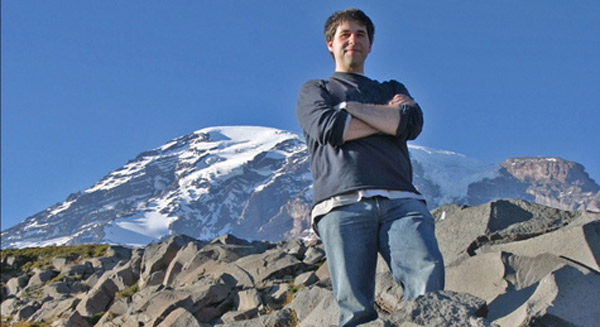
Christopher Boffoli ist Fotograf, Schriftsteller, Filmemacher und Künstler in einem. Seine Arbeiten sind zu finden in seinem Fotografie-Portfolio, seinem zweiten Fotografie-Portfolio, flickr und vimeo.
Unter anderem ist er für die an Slinkachu erinnernde Miniaturbilderreihe Disparity verantwortlich. Freundlicherweise hat er die Kamera einen Moment zur Seite gelegt und mir auf einige Fragen von Seatlle aus geantwortet. Und der gute war dabei absolut nicht sparsam mit Worten. Ich habe das Ganze jetzt mal „unedited“ gelassen, wie wir coolen, modernen Leute sagen. Sollte euch das zu lang sein, werd ich beim nächsten Mal etwas kürzen. Aber so könnt ihr euch das ja auf ein paar Wochen Lesevergnügen aufteilen! Interessant ist es allemal und so eigentlich viel zu schade, um zu kürzen.
Jetzt aber: Warum Bass-lastige Musik seine Arbeit stört, er bislang ausschließlich deutsche Autos gekauft hat und was ihn dazu gebracht hat, eine Fotoreihe über Miniaturfiguren in Essensresten zu machen – alle das gibt es nach dem Sprung.
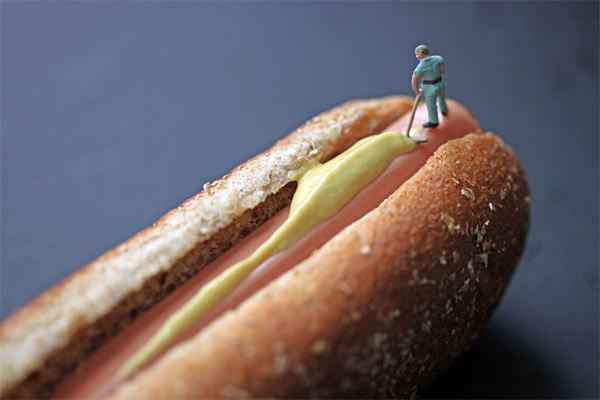
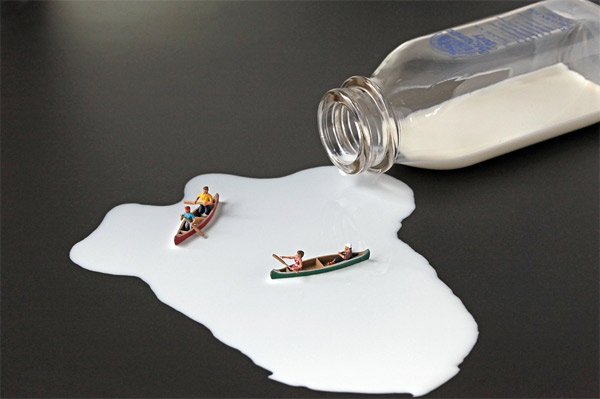
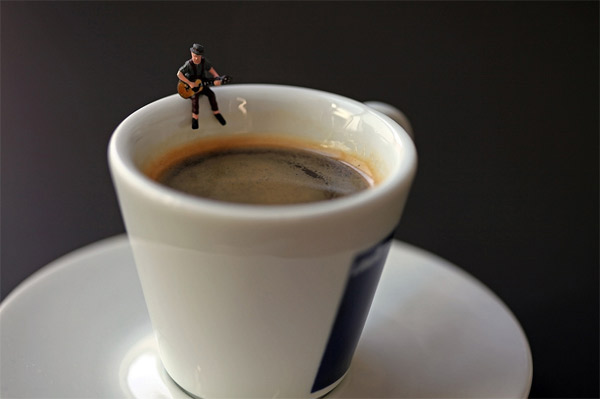
Video-camera, camera or pencil?
Are you asking if I had to choose one which would I prefer? The answer would probably have to be video-camera AND camera as I shoot with Canon 5D Mark ii that produces both HD video and stills in the same camera. I’ve traveled the world with my cameras. They’re always with me and are simply incredible technological tools. Versatile too. I shoot creatively and editorially (in my photojournalism work) with the same cameras. However, with that said, I think my dominant creative outlet (and something that manifested itself from a very early age) is as a writer. I actually have a Lamy Safari fountain pen that I have had since the late 1980’s (it reads: Made in WEST Germany on the bottom). That is my far my most prized creative tool. Cameras are replaced frequently as technology advances. But the same Lamy pen remains in the arsenal after 23 years. I’ve written journals and letters with it, signed the paperwork when I bought my house. I wrote my grandfather’s obituary for the newspaper with it. By now it is an old friend.
Your Profile is miscellaneous: photographer, writer, filmmaker, artist – as what kind of person would you describe yourself? Is it the creative all-rounder or are you seeing yourself more in one of these specific categories?
Yeah, categories are really just the way you package yourself so that people can easily understand what you do. But so many things for me are a creative outlet, including cooking, gardening, furniture design, creating music, etc. Sometimes I’m just in the mood to write. And I get in a zone where I get wired in and am very productive at that. But I find that I cannot turn writing on and off like a faucet. There are other times that it will not work so I’ll paint or do something else. I recently read a quote by the American photographer Sally Mann who referred to it as „rotating the crops“ as you would do on a farm. I sort of liked putting it that way.
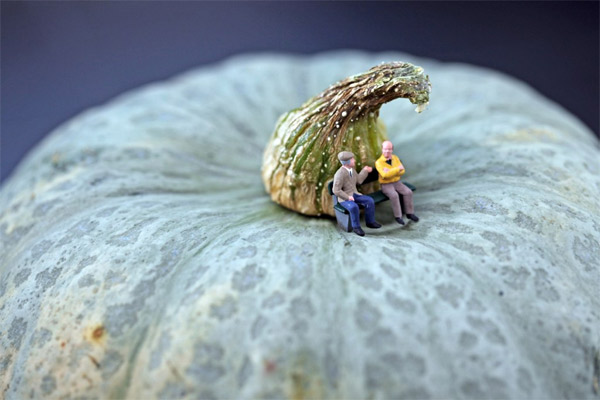
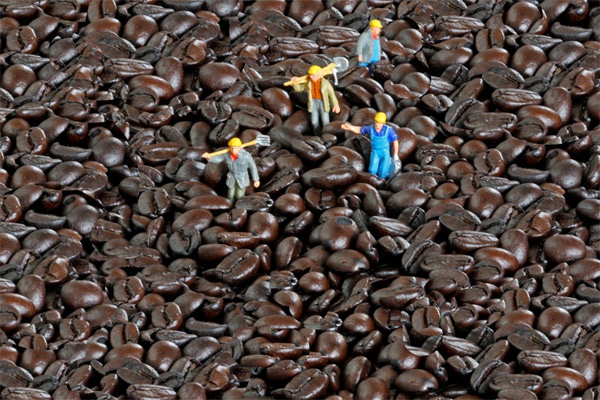
I myself came across your work when discovered your project “Disparity”, a series of photographs in which you playfully set up miniature figures (known from model train scenes) in the real world. Is it the ironic play with scales and perspectives which motivated you did you grow up having a model set for Christmas? How did you come up with the idea?
Yes, I did have a model train set. I guess I was about ten. My father built a very large, elaborate layout for my brother and me in the basement. It was all wired underneath so the lights in the miniature town all worked, including the flashing lights at the railroad crossings. My parents had a very tumultuous marriage so much of my childhood felt like living in a war zone. But I could always retreat to the peaceful and perfect little world of the trains. In addition to that though, like many boys I also was an avid model builder and a collector of Matchbox and Hot Wheels cars. Everything was meticulously detailed. Especially as a child, in a world in which adults make every decision, the world of play was very liberating and engaging.
I’ve always been interested in the concept of size disparity. The section of Swift’s book Gulliver’s Travels with the Lilliputians was always a favorite. And there were many films and television programs of my youth that used the idea of a dramatic difference in scale between people and their environment. So I’m sure those experiences factored in to my inspiration in exploring this.
There are many similarities to the “LittlePeople”-project of UK-artist Slinkachu . Did you know this work before? In contrast to him you are focusing on a special theme: Nearly all your pictures are dealing with food. Are there any more differences?
I actually was not aware of Slinkachu until someone mentioned it to me just this week. I stared working on this project in 2007 and since I have been made aware of other artists who are out there that are exploiting this idea. The scale figures I use are commercially available. And at this point in the early 21st century, where pretty much everything is derivative of something else, it does not surprise me that creative minds might have similar ideas. And every artist has something unique to say. I have to say though that I think the Slinkachu work is brilliant and edgy. I love what I’ve seen. His whole thing is doing location work, making the set-ups more in the realm of street art. So there are definite differences. Though both are challenging the viewer to look more closely to the world around us and to see the secret worlds (literally and figuratively) right under our noses.
My work was more strongly inspired and influenced by some large dioramas, by the Chapman Brothers, that I saw at the Saatchi Gallery in London back in 2003. It used hundreds of hand-made figures in rather disturbing and horrific battle scenes. It was somewhat hard to approach (which I think is a good thing and something art can and should do to challenge us) but wonderfully executed. Another strong influence was a work called „Travelers“ by Walter Martin & Paloma Muñoz which used tiny figures in fantastical (and sometimes dark and troubling) scenes inside snow globes.
I chose food as a backdrop because it is a constant. Across cultures, languages, and socio-economic status, food is something that everyone knows and can talk about with some authority and largely without controversy. Like the weather. It can also be very beautiful – with wonderful textures and colors – especially when lit properly and shot with macro lenses. People see a striking image of food and are immediately drawn in because it is something familiar. I suppose that in a sense the little figures have a commonality too as everyone plays with out of scale toys as a child. The mixture of the two in a way that is surprising is what lends the power to this work. As an American too I think my choice is conscious in terms of the strange and often negative relationship that many Americans have towards food. I mean, the work is mostly humorous on the surface and most viewers will react to the humor in it. But I’m also making a statement too about North America’s bounty as well as our overuse of resources.
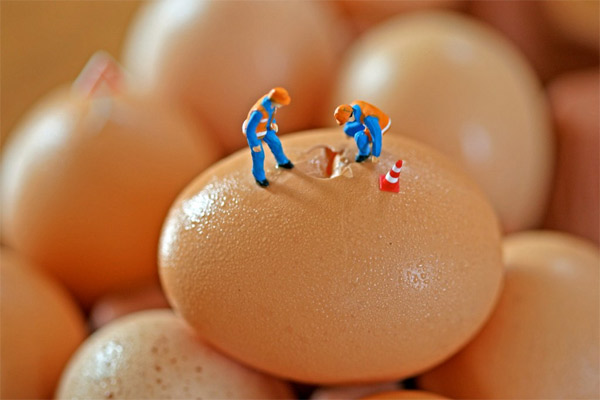
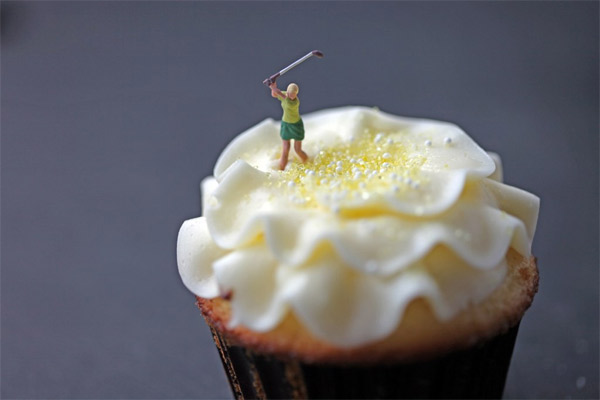
My favorite picture of the series is the janitor wiping up the mustard from the hot dog. Do you plan these arrangements beforehand or do they come into your mind spontaneously?
Thanks. Yes, the hot dog is a popular image. Right up there with the cracked egg. One of the important things not to miss is that these images are often exhibited with a caption or quotation that pushes the concept a bit further. In the case of the hot dog it is: „Gary always uses too much mustard. But no one can say so. It’s a union thing.“ So you have this food that is often associated with Americana and summer barbecues in the backyard. The caption is suggesting a problem that is not even worthy of discussion due to ironclad union rules.
I will usually start with the food. I’ll work with what’s fresh and in season. It has to photograph well. And from there I’ll consider the figures. I have built quite a large community of figures by now and I’m continuing to add to them all the time. Most of them are hand-painted in Germany. I’ll set up the food and then think about a possible context with the figures. Sometimes I’ll change the set-ups if something is not really working. But for the most part, yes, the set-ups are thought about and planned in advance.
Haven’t you listened to your mother when you were a child? One of the major rules in society: “Do not play with your food, young boy!” What went wrong with you?“
I don’t remember ever playing with my food as a child. I’m half-Italian so I was always a good eater. If there was food in front of me I was probably too busy putting it in my mouth to waste time playing with it. So my mother probably never had to scold me about playing with food. :-)
Do you have a favorite picture (of the series itself or of your portfolio in general)?
I don’t really have any special preference for any of the images. I think I’m too humble to admit affection for any of my own work. I don’t even hang my own photographs in my own house. I’d rather display the work of other photographers. What is more interesting for me is to see how people react to the images. Sometimes there will be an image that I don’t think is very good but people will react very favorably to it. It can be surprising what people like. And in regard to my photography work overall, instead of choosing images that I like I tend to have more fond memories over specific travels or experiences that those images document. To be truthful, what I think about more often is the images that happened too quickly to capture with my camera. The very best images that I have ever taken, the ones I remember most, are those that I saw with my eyes but that my camera missed.
You have mentioned that while you are in your studio taking pictures for the series you are “rocking out to music”. What kind of music fits into making such detail orientated art?
I have diverse musical tastes and nearly 20,000 tracks on my iPod. So I’ll work to whatever music I’m in the mood for at the moment. But it could really be anything. Perhaps not something with strong bass notes though, as some of these set-ups are fairly delicate and the figures are prone to falling over.
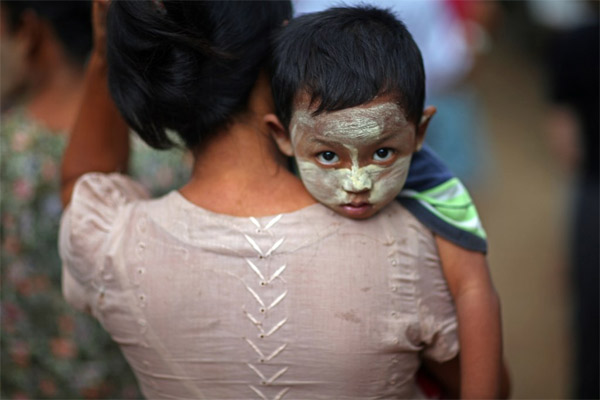
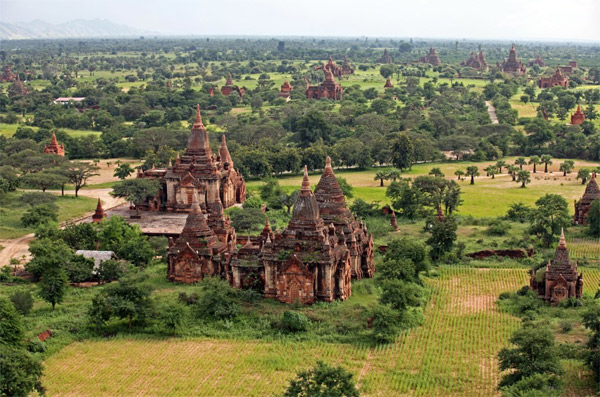
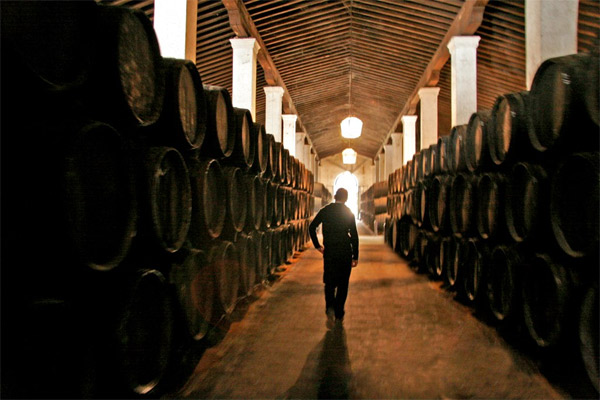
You are taking pictures of real size-people as well. The range of motives is wide: People, animals, landscapes, culture. But most of the time a more serious mood dominates them. What is your main goal in the field of photography: Getting a smile on the people’s faces or thoughts in the people’s minds?
I shoot quite a lot of journalism. That kind of photography demands very fast work in telling a story about what is happening. Often it means working in unpleasant conditions. But otherwise, the most common style I work in is street photography: walking around a place I am traveling and documenting the people and daily life there. It has similarities to the journalism in that you don’t have a lot of control over what you’re photographing. And you try to work unobtrusively so you don’t influence what you’re shooting. Most often you use available (natural) light. There are a lot of photographers out there, who perhaps have fine arts degrees in Photography, who produce perfectly lit portraits that are dazzling. But that’s not for me. There’s value in that. But it is also false in many ways. And so much of our visual environment is false. My main goal is to tell the truth, even when the truth might be something that is disturbing or unpleasant.
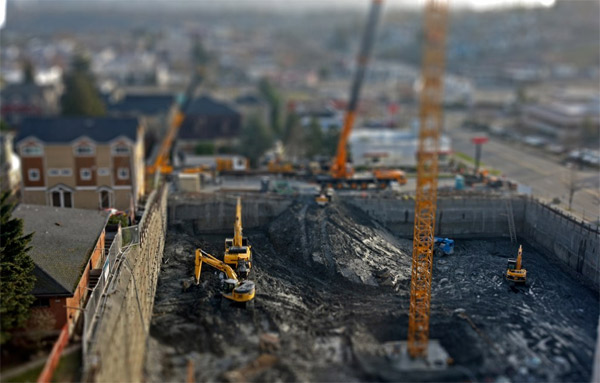
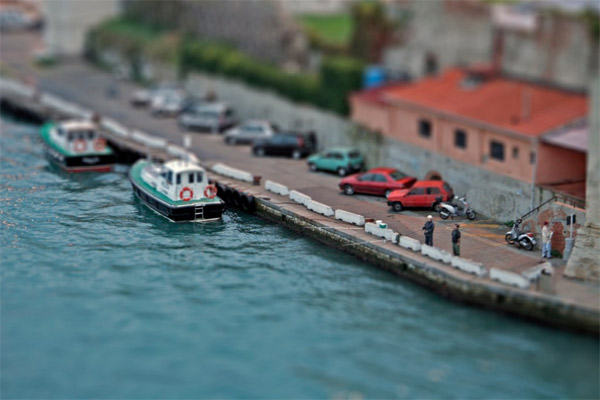
And what is easier for you: The self-made miniature-setup or photographing real, self-moving people?
There are definitely both good and bad things about shooting with little inanimate figures, as opposed to working with people. However, what is nice is that I can alter and rearrange the figures to suit my goal with a certain image. With portrait work I am often fighting against a subject’s natural tendency to smile when a camera is pointed at them. I’m not sure if that comes from nervousness or discomfort on the part of the subject. But do have a sense that we have sort of an imposed happiness in American culture. So much is about being happy, smiling and „having a nice day.“ It is like a blanket that covers everything, especially things that are perhaps not so happy. If you look at any pictures of any family, you see a group of people smiling and happy. But those images don’t really tell you very much about the true dynamics about that family. It is much more interesting to portray other truths and emotions beyond happiness. But it is a challenge to do that.
Looking at your flickr-profile you can see lots of different destinations you have travelled to so far. London, Mexico, Vietnam, Costa Rica, Hong Kong, China, Italy, Sweden, Argentina and a lot more. What location has been your personal highlight yet?
I’ve traveled to six continents in the last five years (including inside the Arctic Circle in Sweden and also within 500 miles of Antarctica in southern Chile). But Western influences are so strong that it is increasingly hard to find places that are unique to their own culture. For instance, I climbed to the top of a very high section of the Great Wall of China only to find vendors selling cheap tourist trinkets. So I highly prize finding places that represent truthfully their own culture. Morocco was like that in a lot of ways. But above all, I must say that Burma (Myanmar) was absolutely one of my favorite places and one that I would like to return to. I found the people not only extremely welcoming (despite an oppressive government) but stunningly beautiful. The quality of the light there was remarkable too.
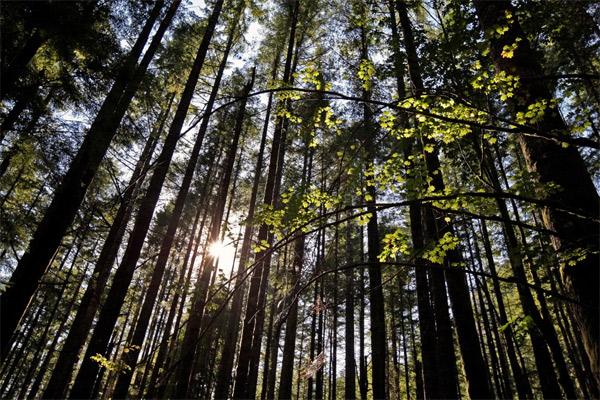
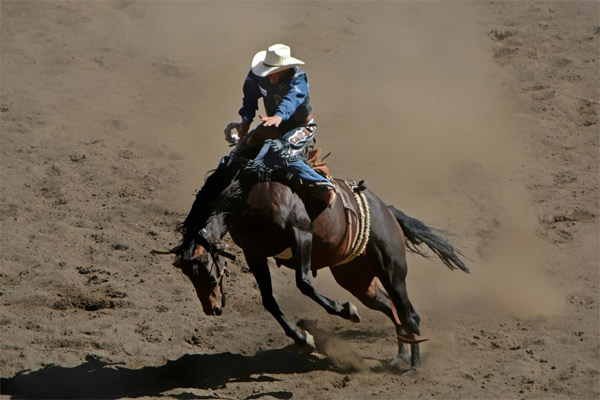
Is there any destination left you dream of visiting?
It seems funny for someone who has traveled so much to have places that I still have no been to. But the world truly is a vast place. My short list of places to visit includes: Iceland, Russia, Turkey and Sub-Saharan Africa.
How come that I couldn’t find any photograph you have taken in Germany?
I have definitely traveled to Deutschland a few times (here is an image taken, I think, in Lübeck). But it is definitely a country I’m intrigued by that I would like to explore more. I have rather complicated feelings about Germany at the moment. Well, I should start by saying that I have had very positive impressions about Germany for a long time. Good design is very important to me so in that realm Germany is a very important player. I have only ever bought German cars. And my house is filled with beautiful things designed by Mies van der Rohe and Dieter Rams. I so appreciate the meticulousness and good taste of German influences. I’m also a filmmaker and greatly admire German cinema, especially early cinema like the work of Fritz Lang and, in moe modern times, the work of Michael Haneke. Not to mention my appreciation for much of Germany’s natural beauty. So that’s where I’m coming from.
However, in the past five or years or so I have encountered many Germans in my travels around the world. These people have all been very well-educated, cultured people. And absolutely all of them have had no shyness about telling me how much they dislike America and Americans. It has not been an isolated case either. They’ve ALL been this way. So it has been an unnerving experience to come to the table with positive thoughts about Germany only to be met with an obliterating disdain in return. Listen, I’m a well-informed American who knows acutely the problems of my country just as I understand the good things we have to offer. I suppose what it disappointing is that these Germans I’m meeting have never lived in the United States. I’ve never lived in Germany and I wouldn’t even pretend to criticize things about Germany that I only understand from a distance. So the opinions that all Americans are „fat, bible-thumping buffoons“ seem to be based largely on stereotypes. I’m not sure how those opinions can be reconciled with the reality that the US is a cultural and financial powerhouse that produces great innovations. I mean, we invented things like the airplane, the electric lightbulb and the personal computer and make things like iPads. We’ve won most of the Nobel Prizes ever awarded, not to mention a majority of Olympic gold medals. So the USA surely must have some redeeming value.
Admittedly, most of the Germans I’m meeting are of my parent’s generation or older. So I don’t know if these feelings have to do with the lingering feelings of the wars of the last century, or if they are more driven by the US foreign policy of the last decade, or both. And as much as it seems common with this group, I’m also not sure if it is indicative of the overall feeling of the German public. I’m just not getting the general feeling that Germany would be all that receptive to me being there. I’m also beginning to think that my next car purchase might not be German.
By comparison, I visited Vietnam last year, a country that my own country carpet bombed when I was a small child. And yet I only experienced warmth, friendship and a willingness to look forward…. to perhaps not think about where we differ so much as to focus on where we are similar and what we are capable of achieving as allies and friends. Again, honestly and directness is a positive thing. Countries and people will always have differences. I don’t mind if people hate my country, as long as they hate it for the right reasons. But it doesn’t hurt to at least have a sense of humor about it and to consider that some of what you think you know might be wrong. Anyway, I know there must be positive, forward-thinking Germans. I just hope I can find them. My best friend is an independent filmmaker who is working on a film later this year that is being produced by German backers. I will probably be joining her for some of the post-production in Berlin. So I’m hopeful.
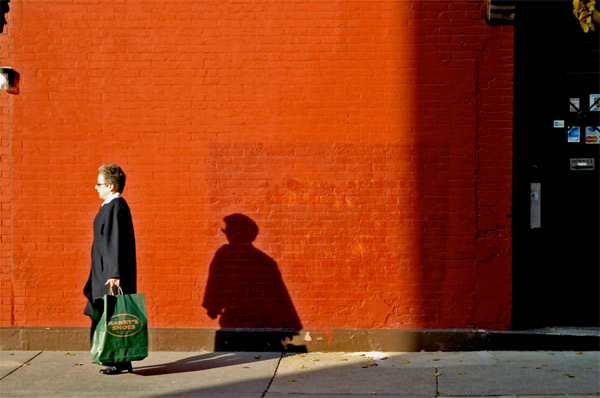
What is the main part of these trips: work or vacation?
I’m not sure I’d put any of my travel in either of those categories. I know some Europeans use the word „holiday“ to describe leisure time. I’ve never liked the American use of the word „vacation“ as if suggests you „vacate“ which implies emptiness in the mind. And as an artist I’m always working, always looking and perceiving. Always recording and interpreting what I see around me. I had a career for 13 years in the field of Philanthropy: raising private money for schools like Dartmouth College and the London School of Economics so that bright students could have better access to elite education. That was very rewarding and I traveled extensively during that time. But shortly after I moved to Seattle in 2004 I had a nearly-fatal mountaineering accident at high elevation on Mt. Rainier (4392 metres tall) in the Cascade mountains. It caused me to think about the brevity of life and motivated me to pause my career and focus more on creative endeavors. So I have been self-sustaining since then and have been very fortunate to be able to travel the world as an artist and not a businessperson.
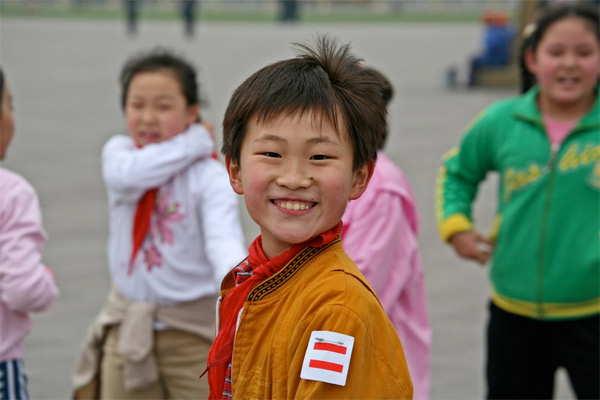
A question I do have to ask: What role does Photoshop play in your work?
I know there are photographers who have strong feelings about producing a purity of images, all done „in-camera“ with no Photoshop. But I’m not opposed to Photoshop. I think image editing software can be an amazing tool towards helping an artist translate the image from their mind into a physical medium. With that said, the Disparity series is not heavily manipulated with Photoshop. Other than some minor exposure and color adjustments, the images are fairly pure. The food I use is even totally real. Especially with commercial food photography there is a lot of cheating, for instance, using white glue in place of milk or glass cubes instead of ice. But I don’t really need to cheat with the food either. It is not always something you’d want to eat at the end of the shoot. But it is real.
My weblog is called LangweileDich.net which means something like “boreyourself.not”. Almost traditionally my last question to you is: What do you do when you are bored?
I’m never bored. With so many interests more often I cannot find time for everything I want to do. I’m always engaged with something, more likely, I’m doing multiple things at once.
Thank you for the interview.
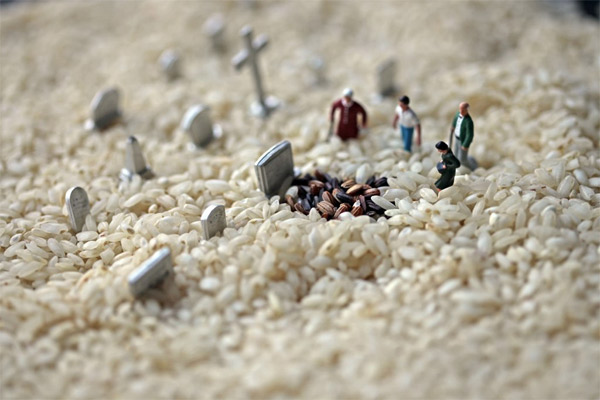
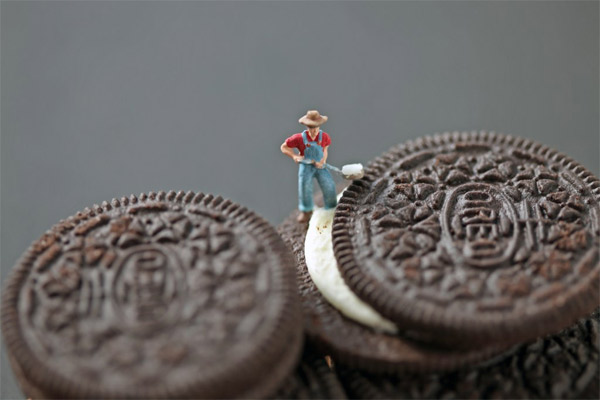
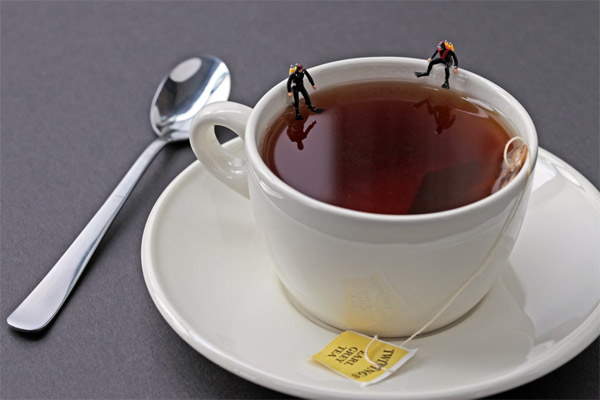
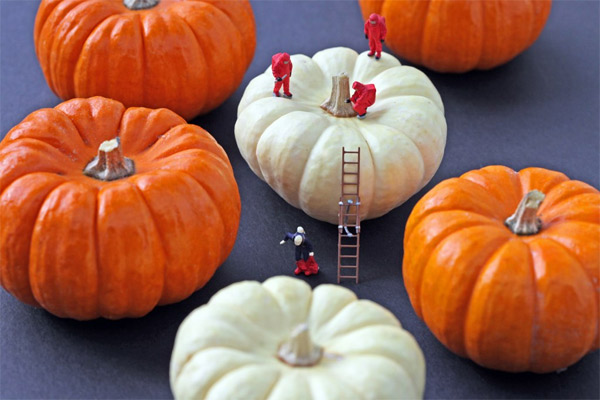
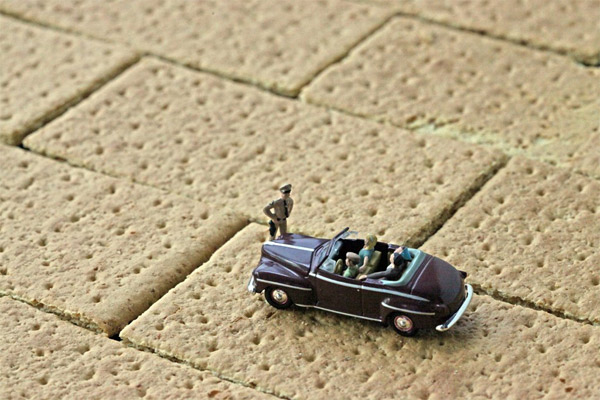
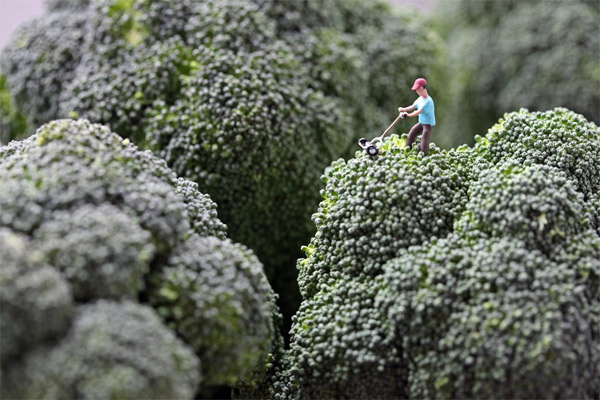
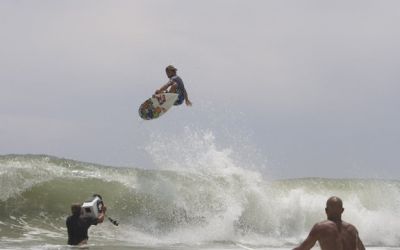

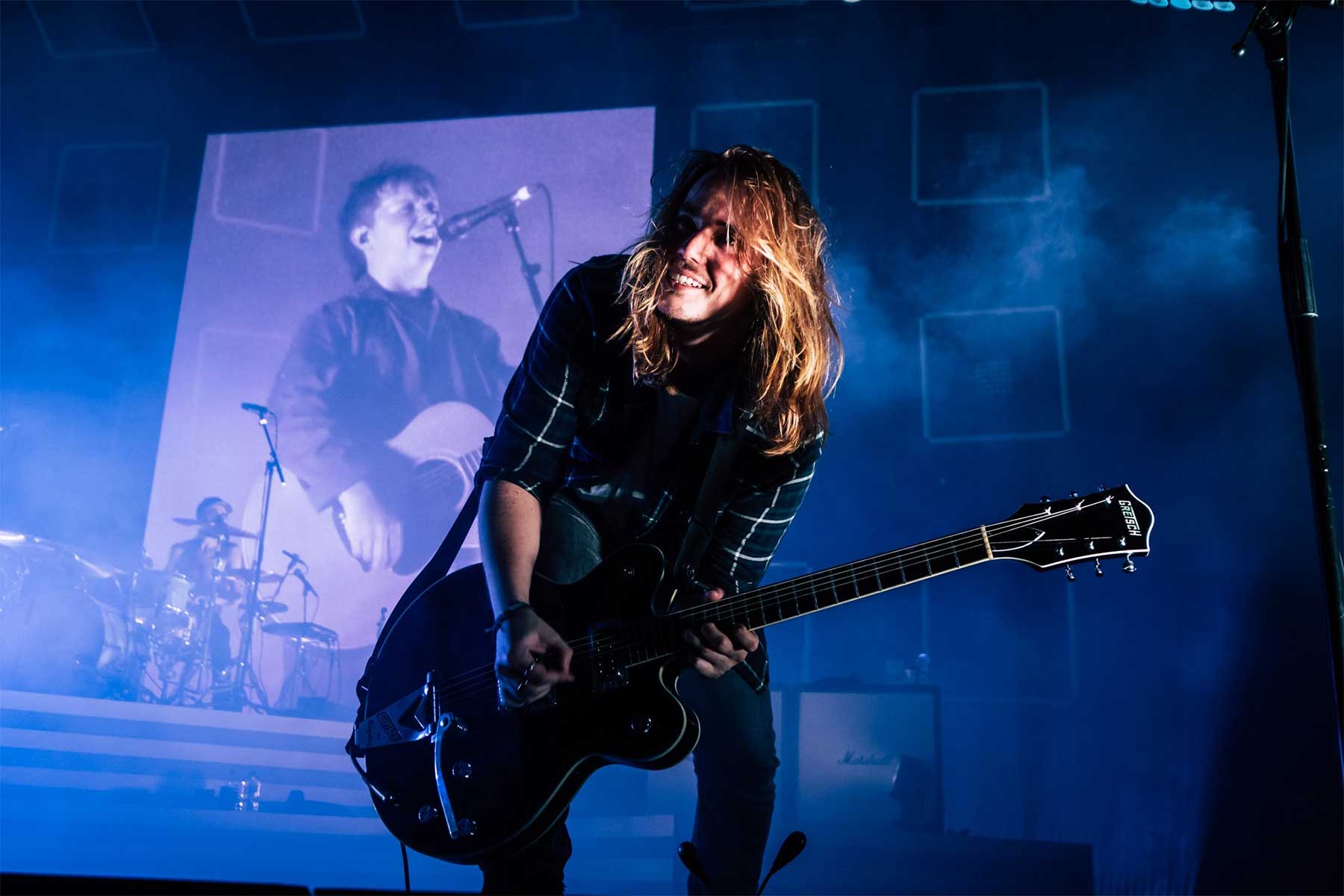
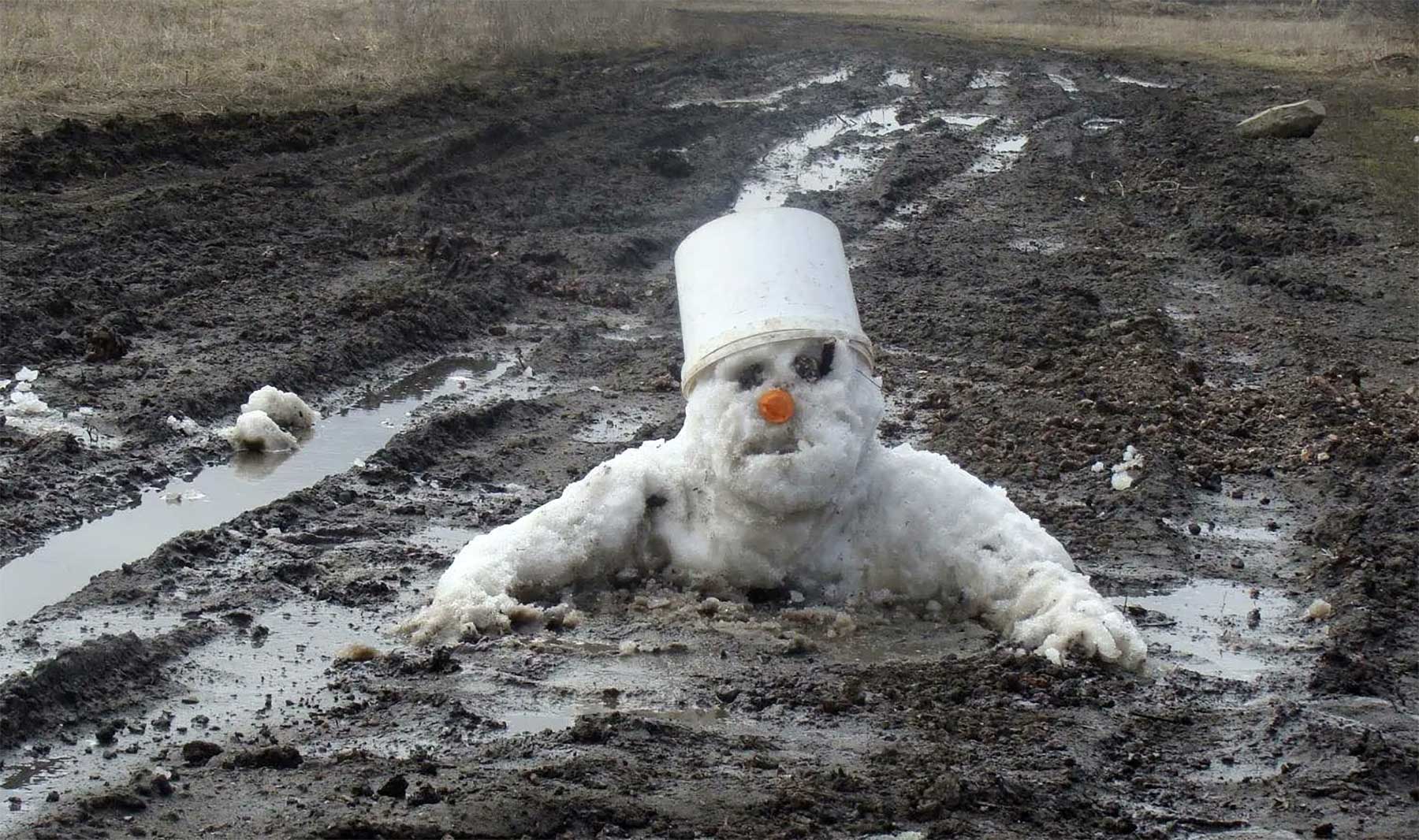
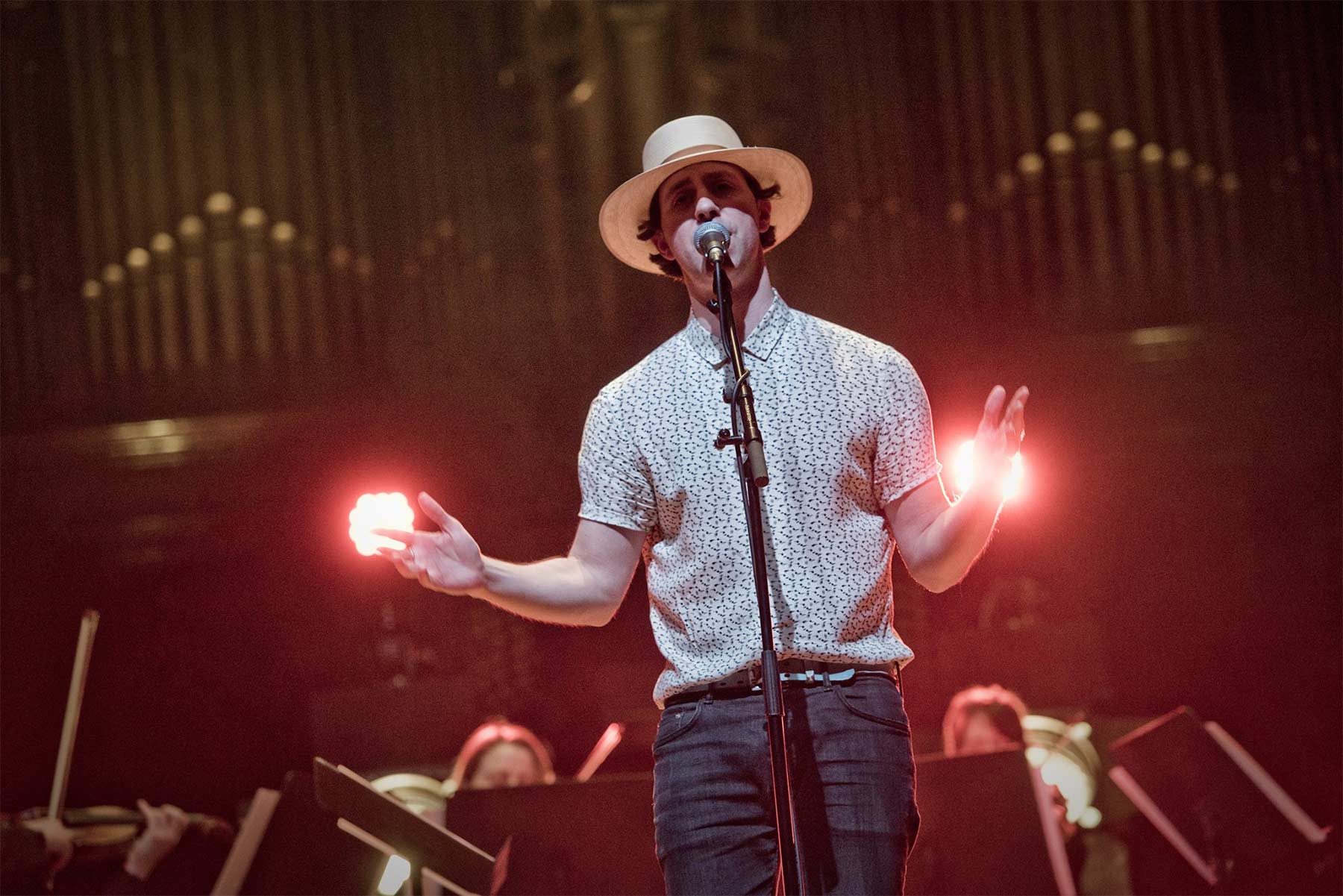
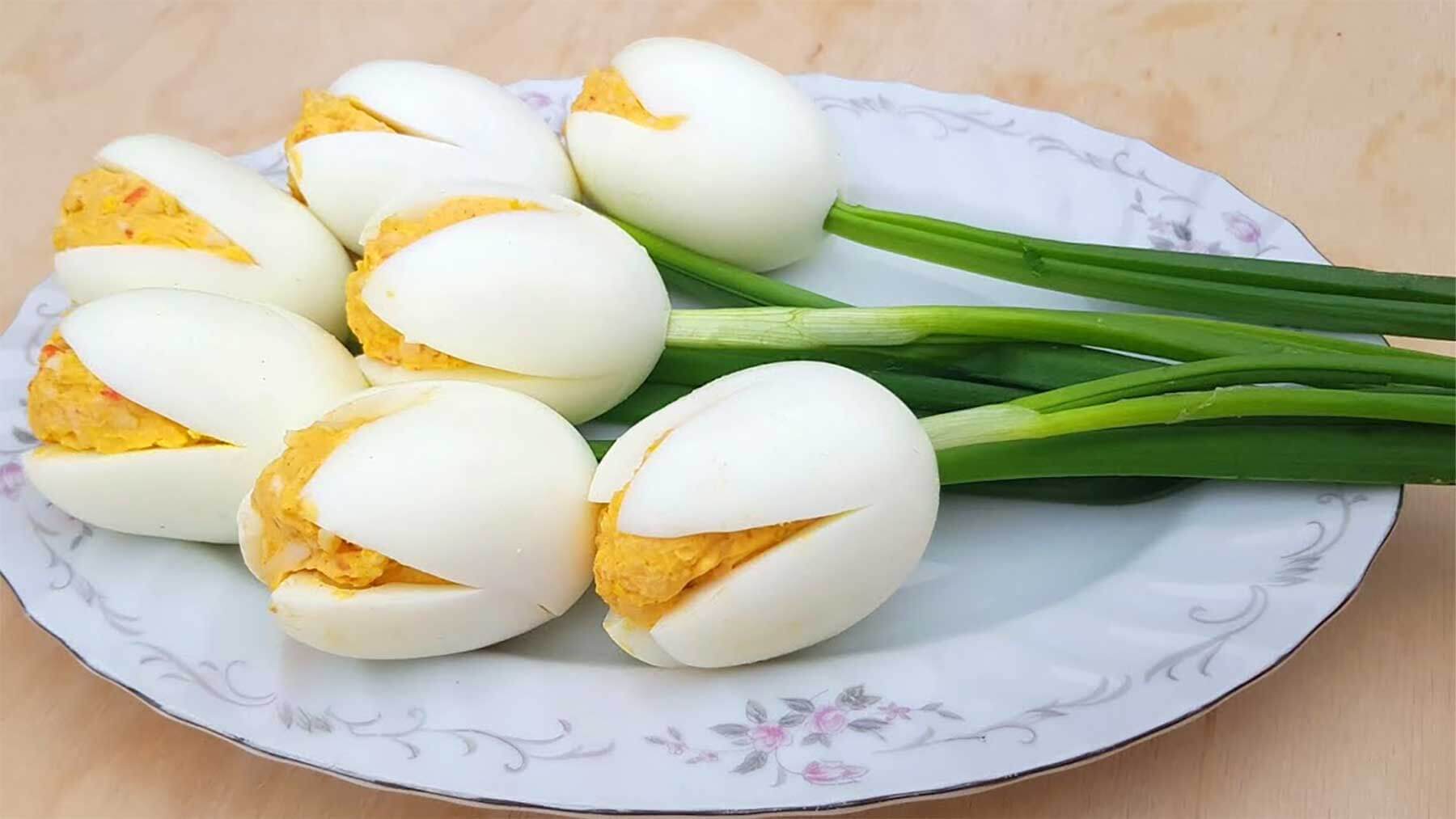
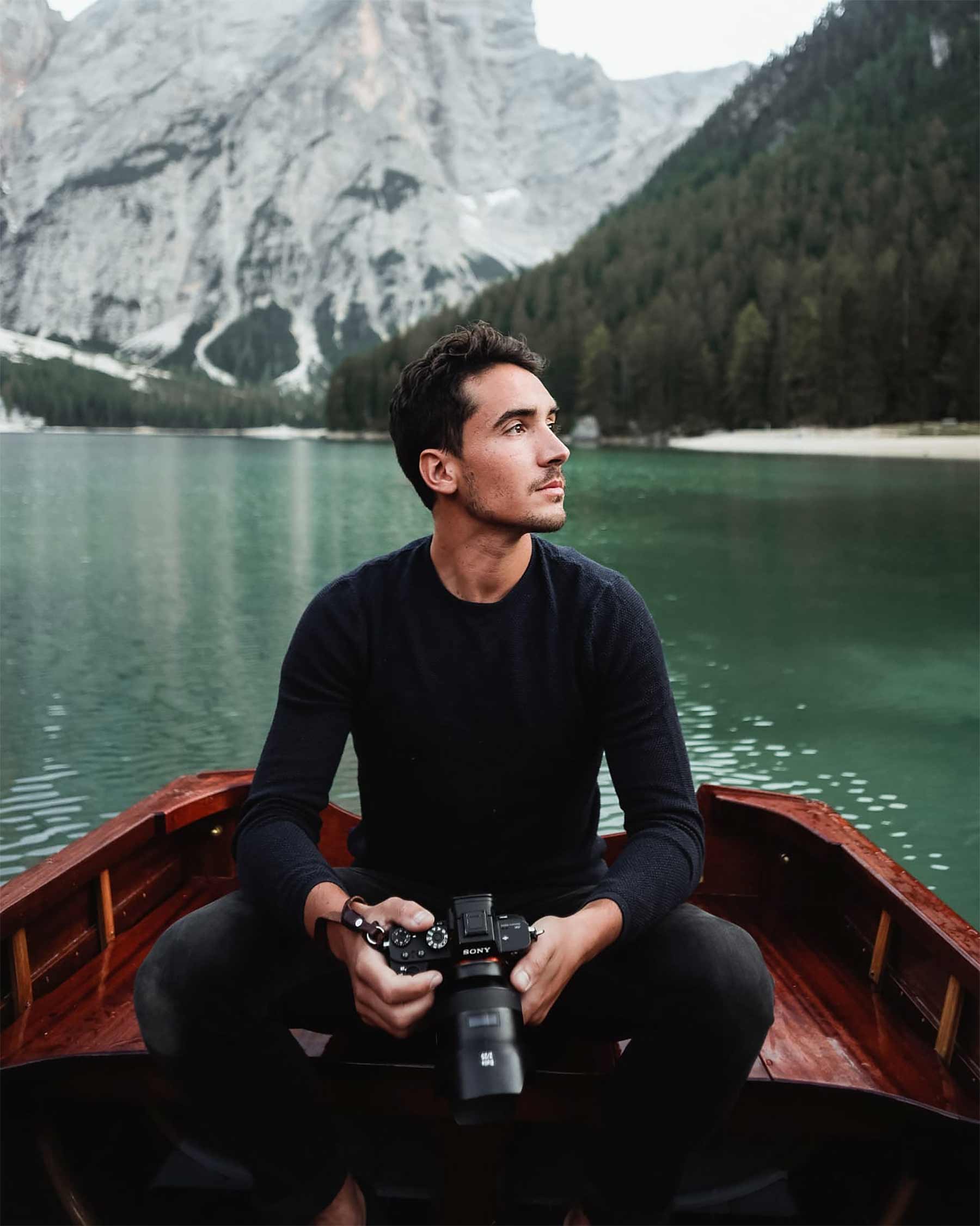
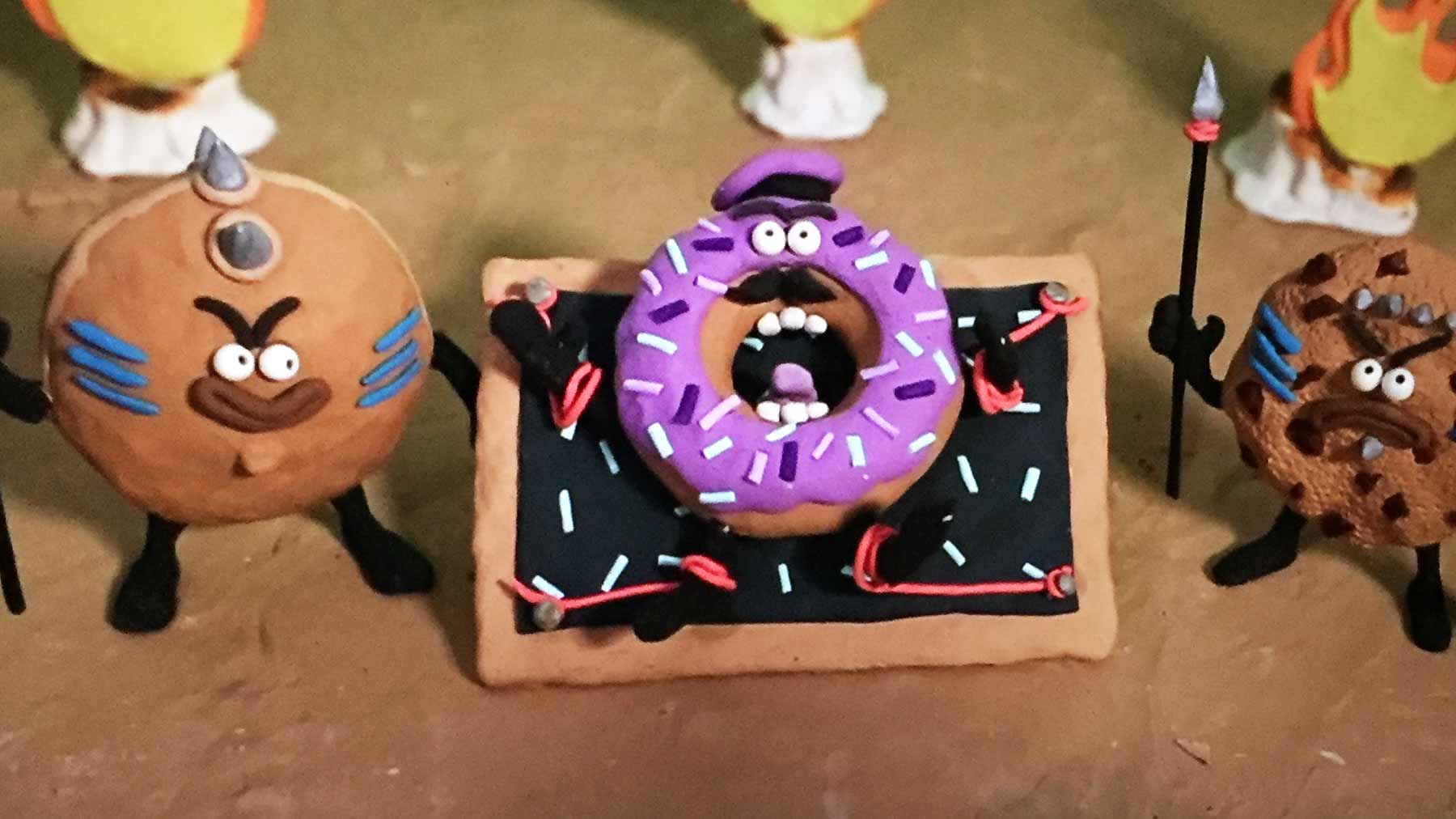
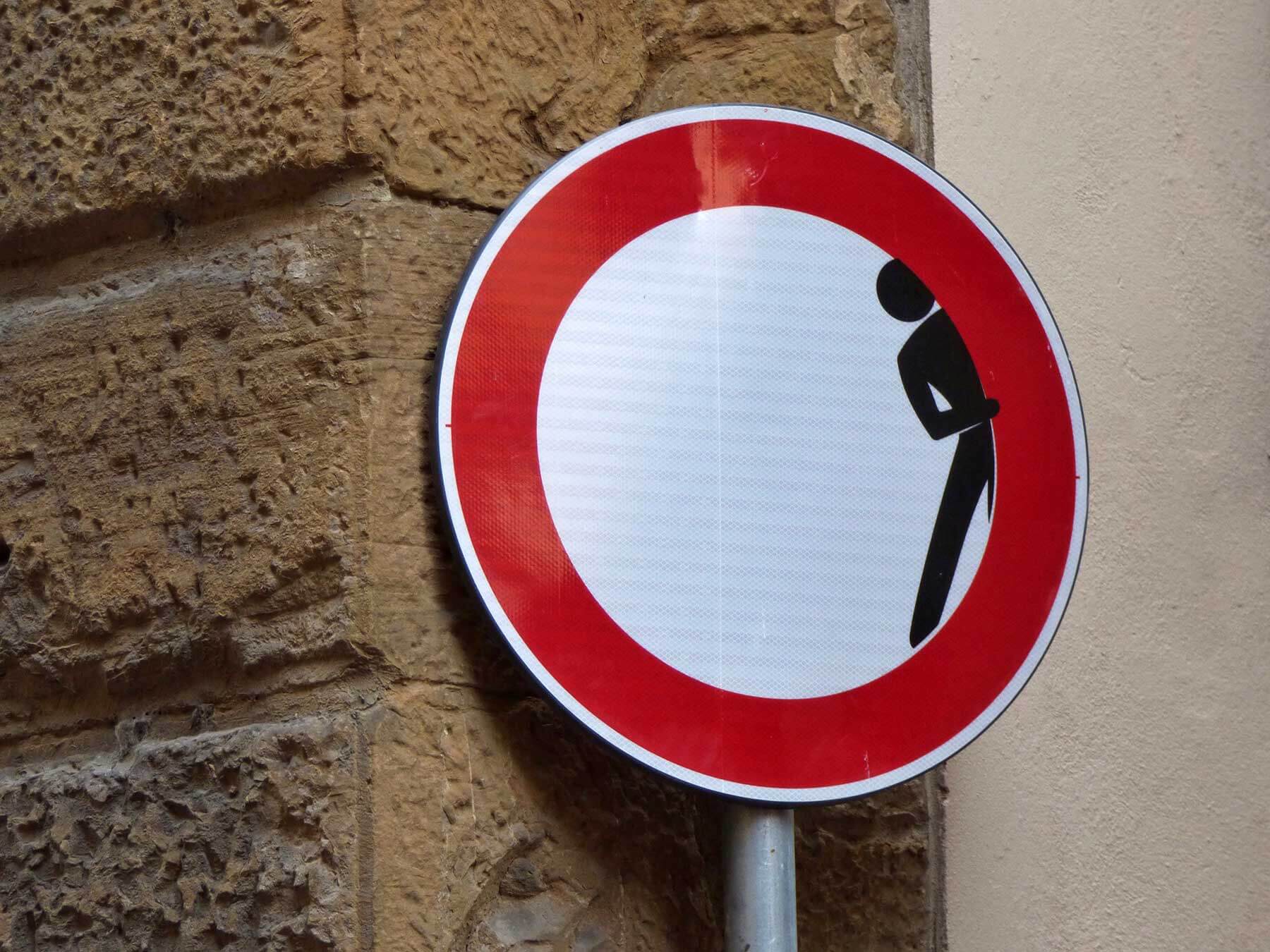
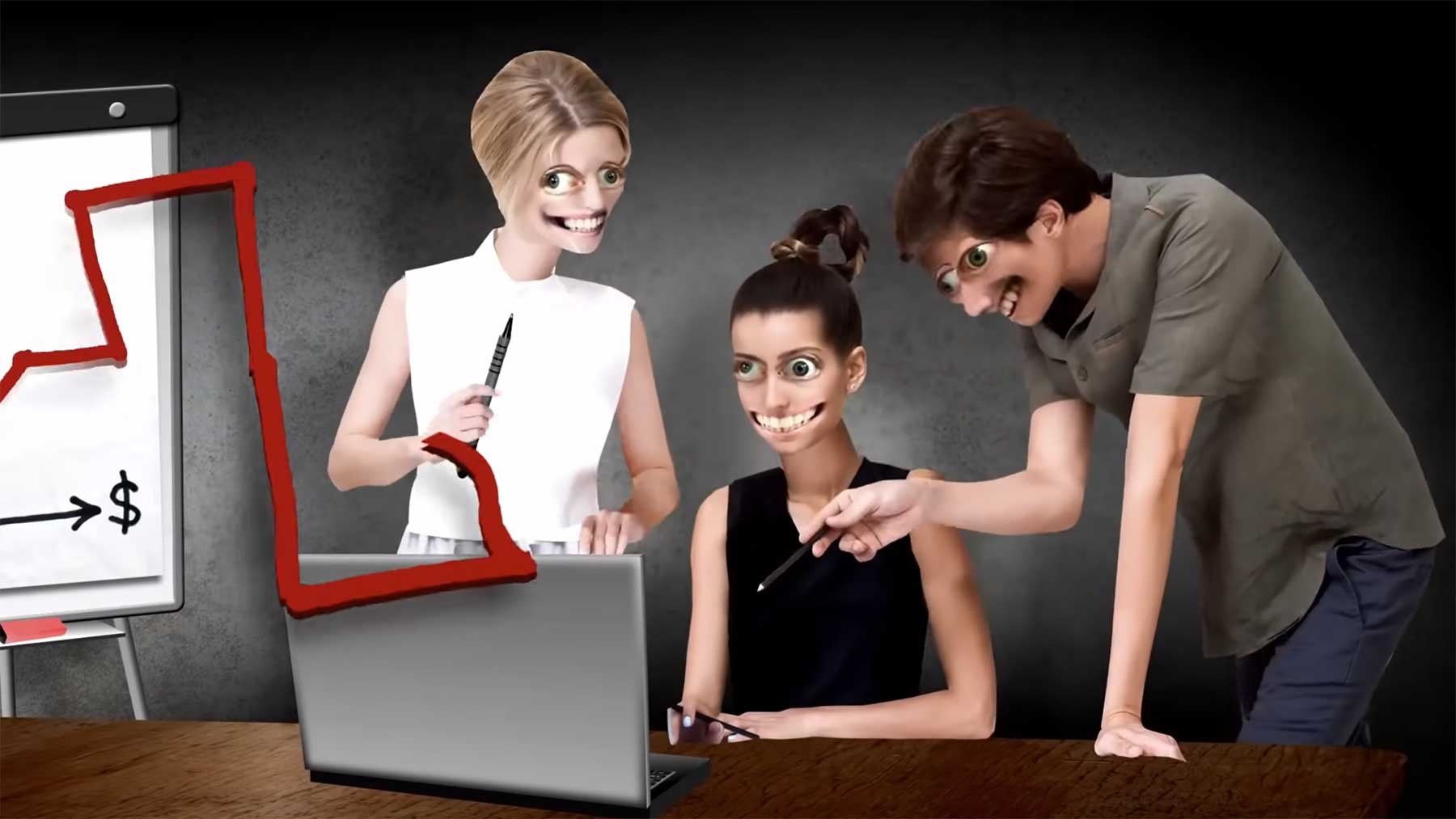
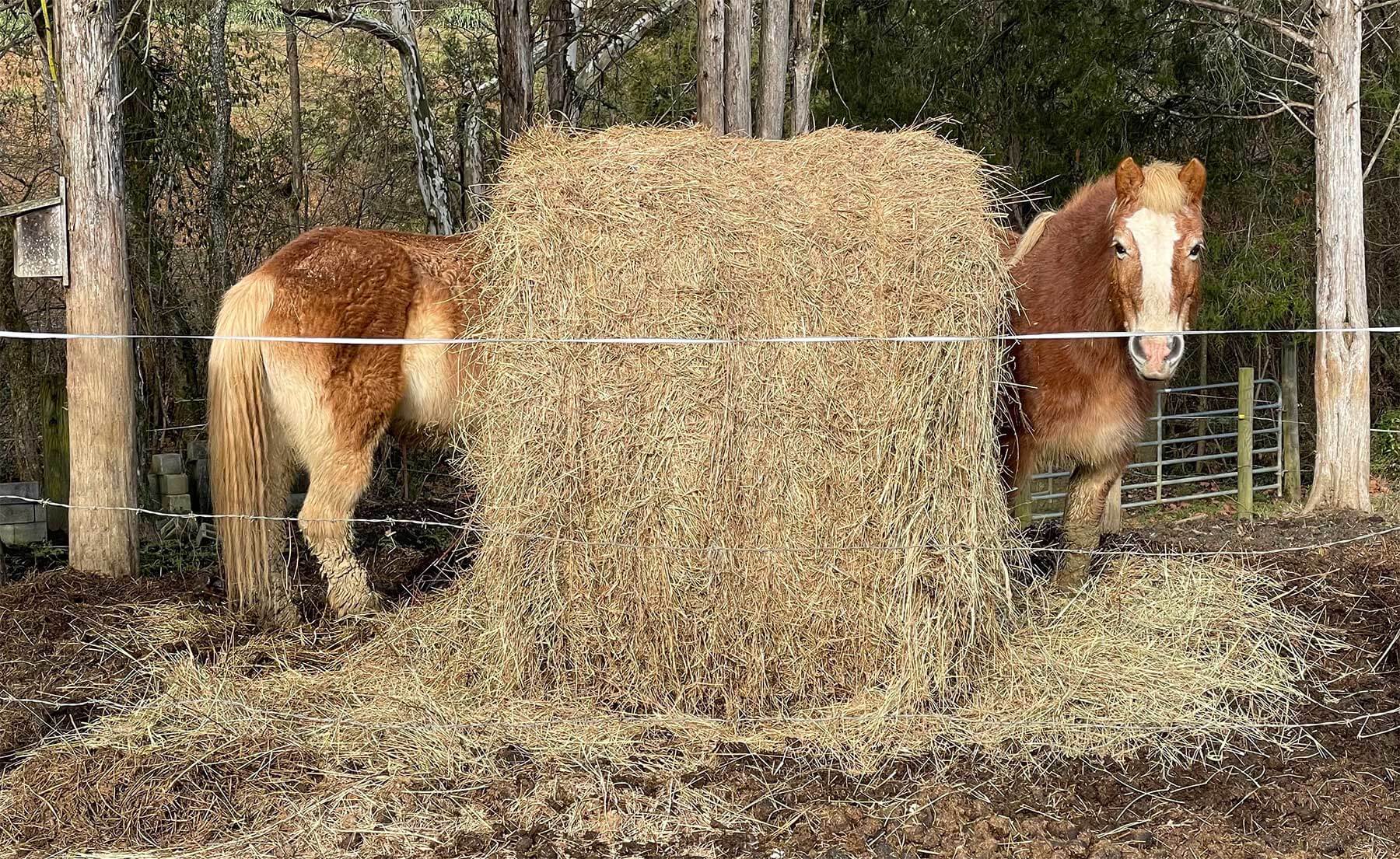
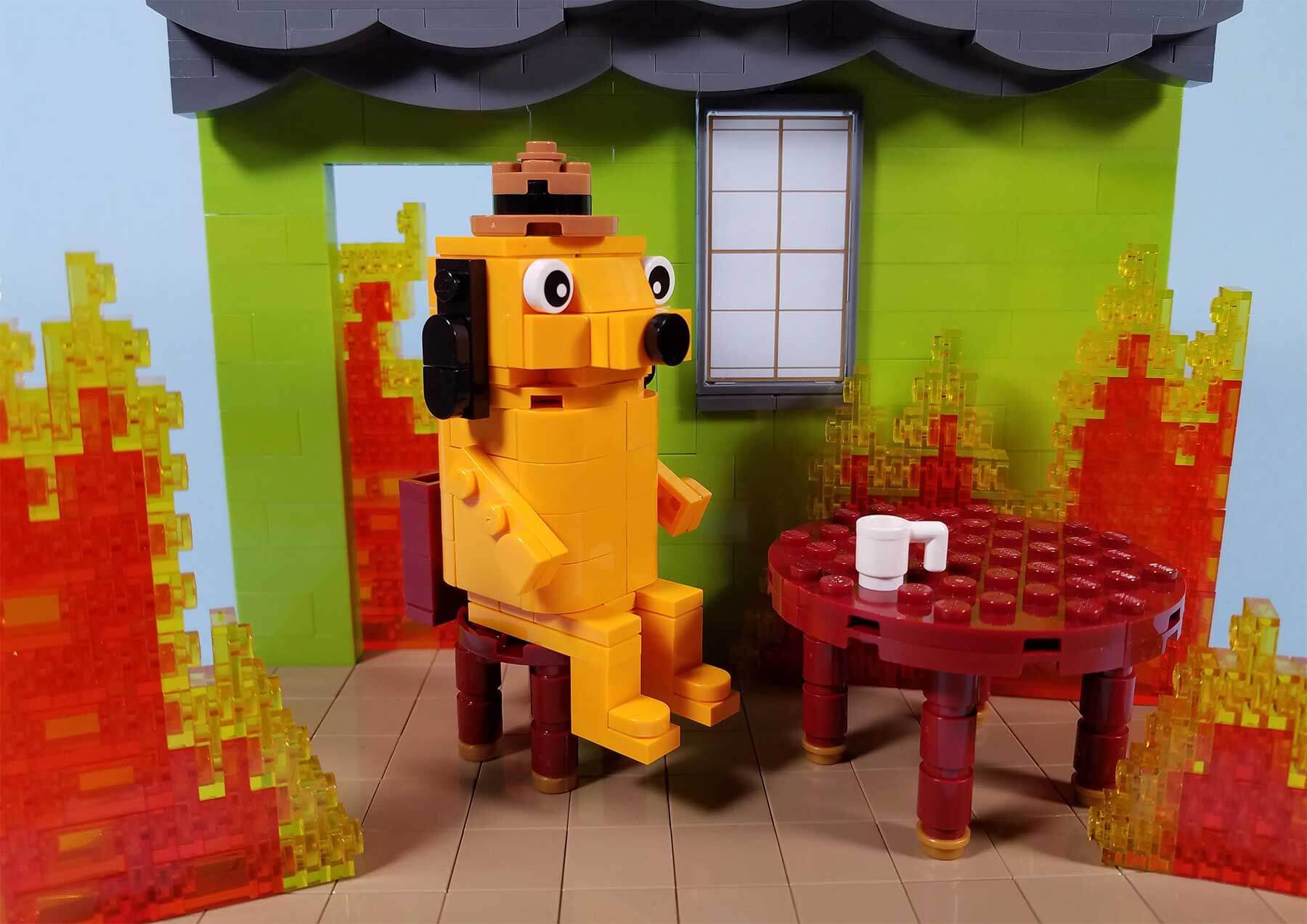
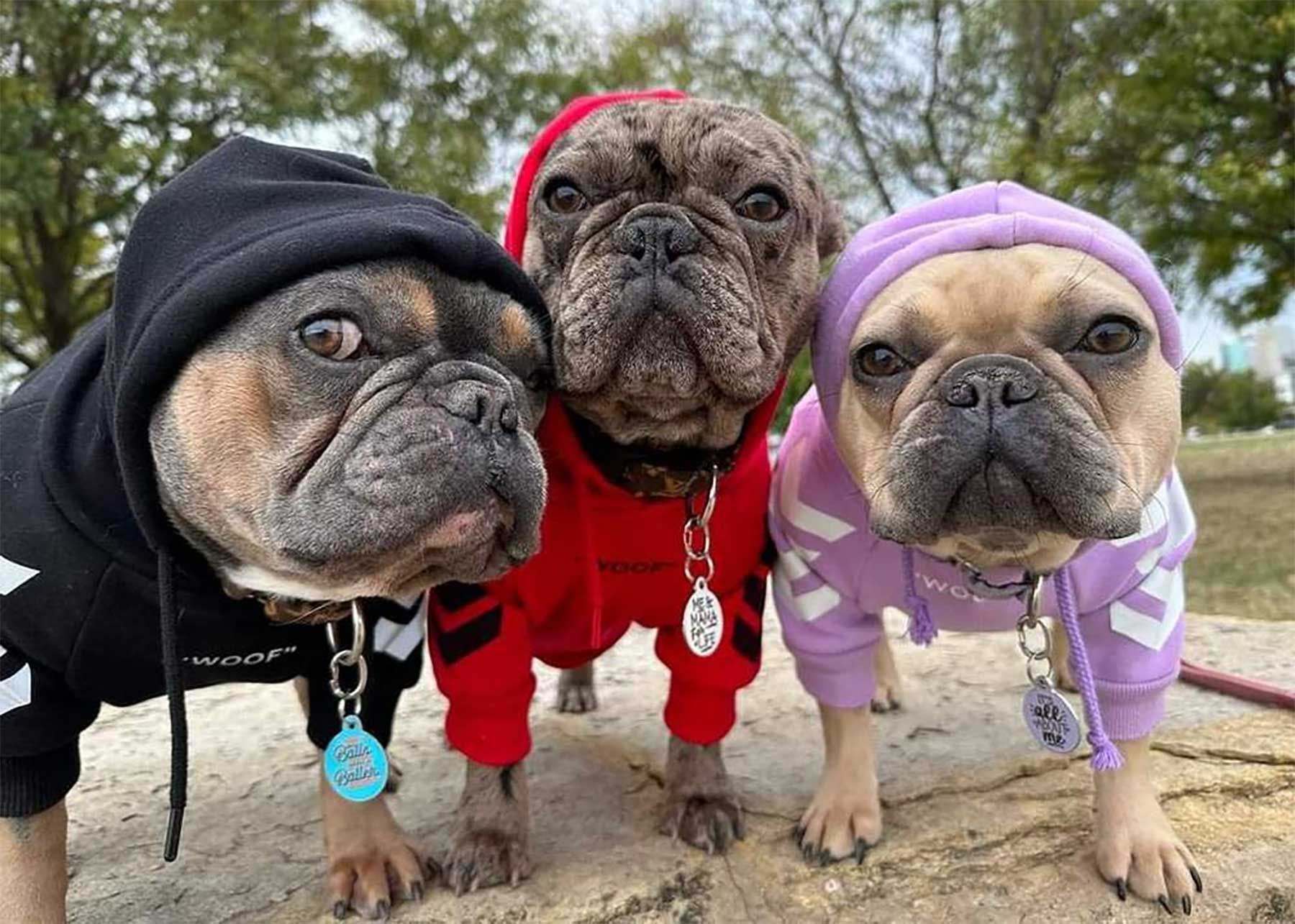
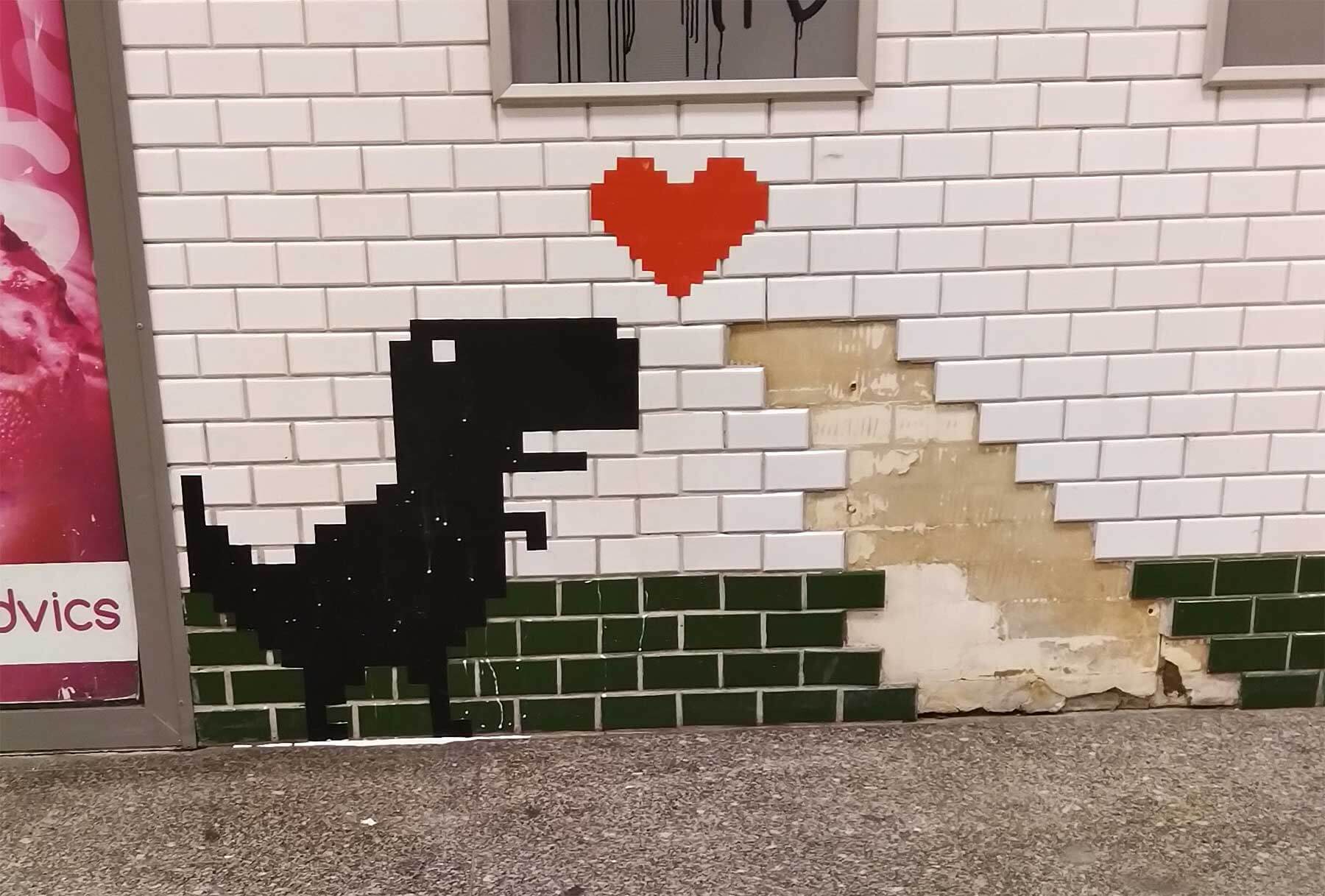
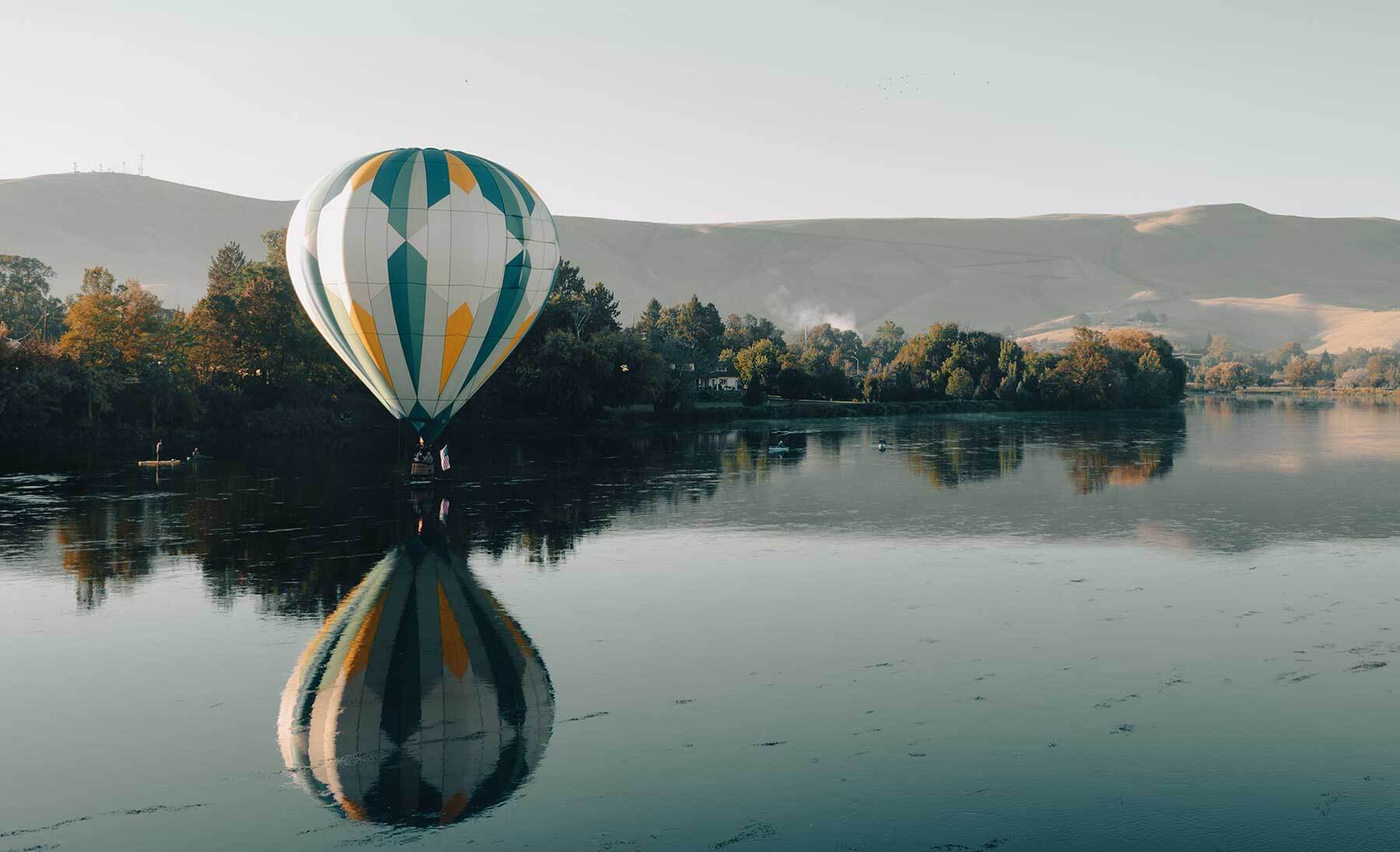
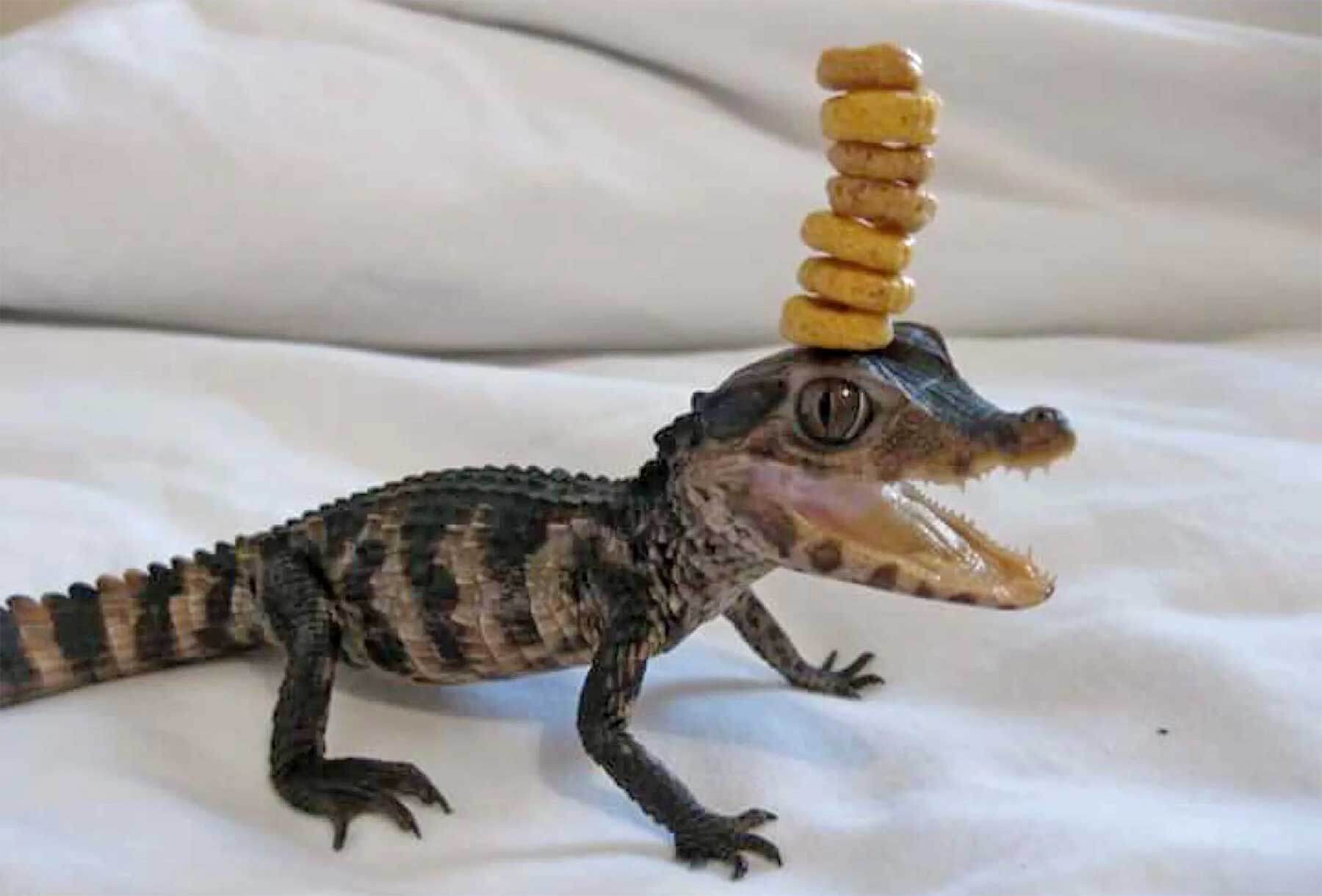
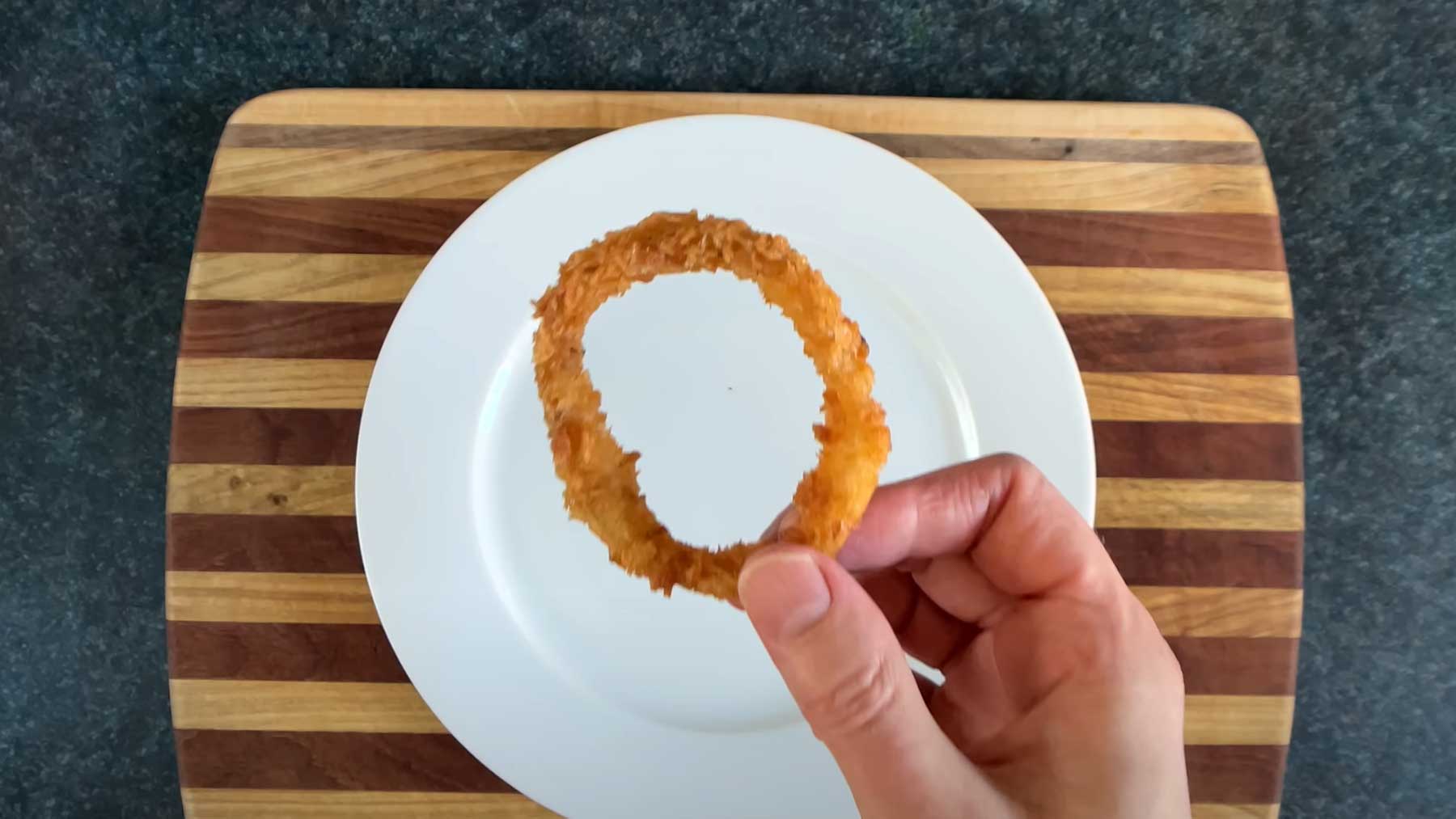
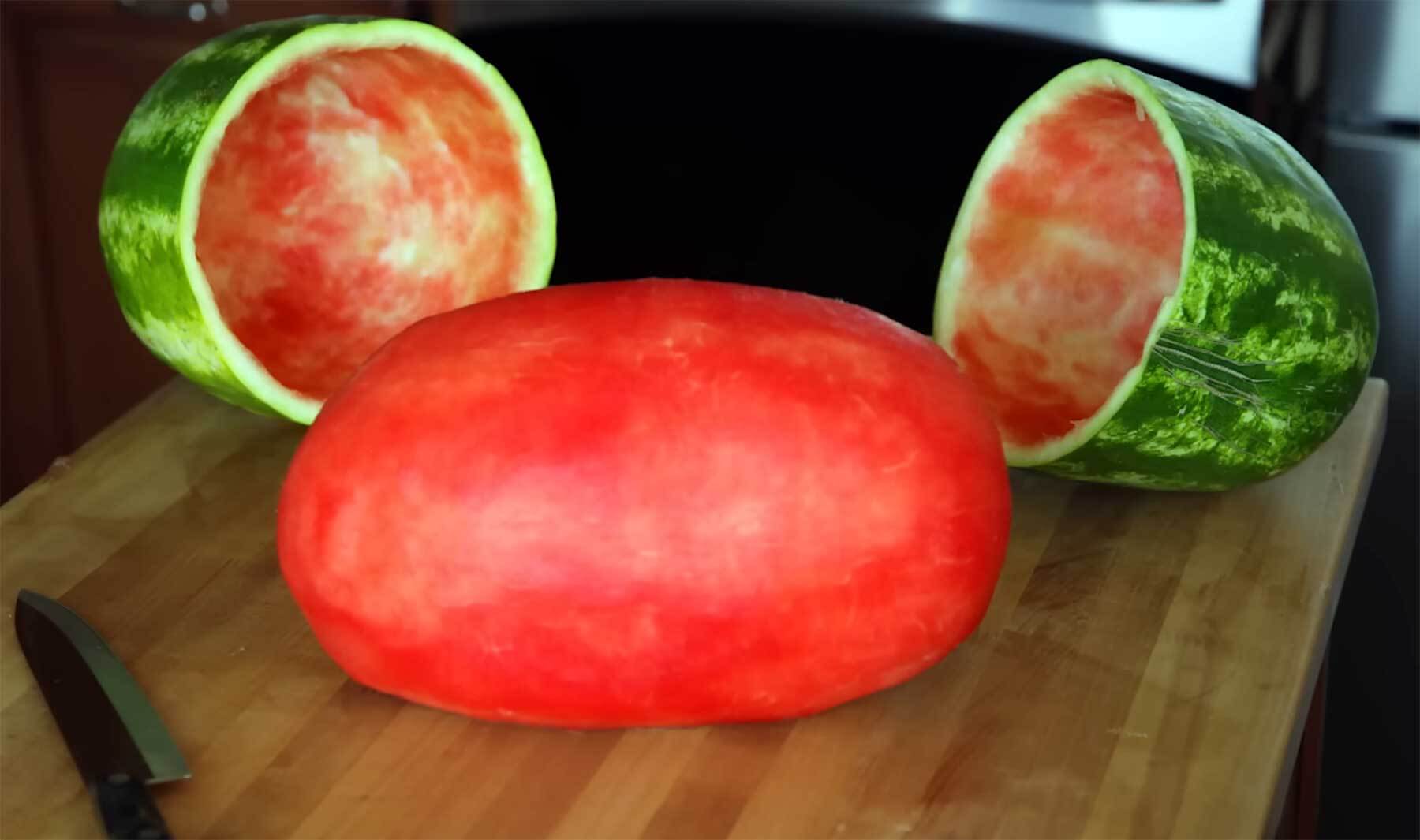
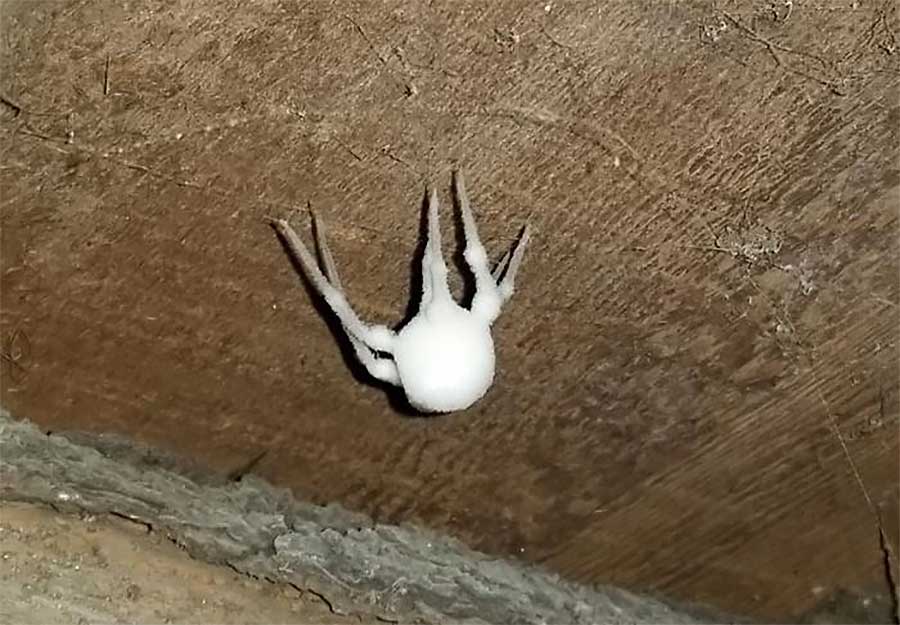
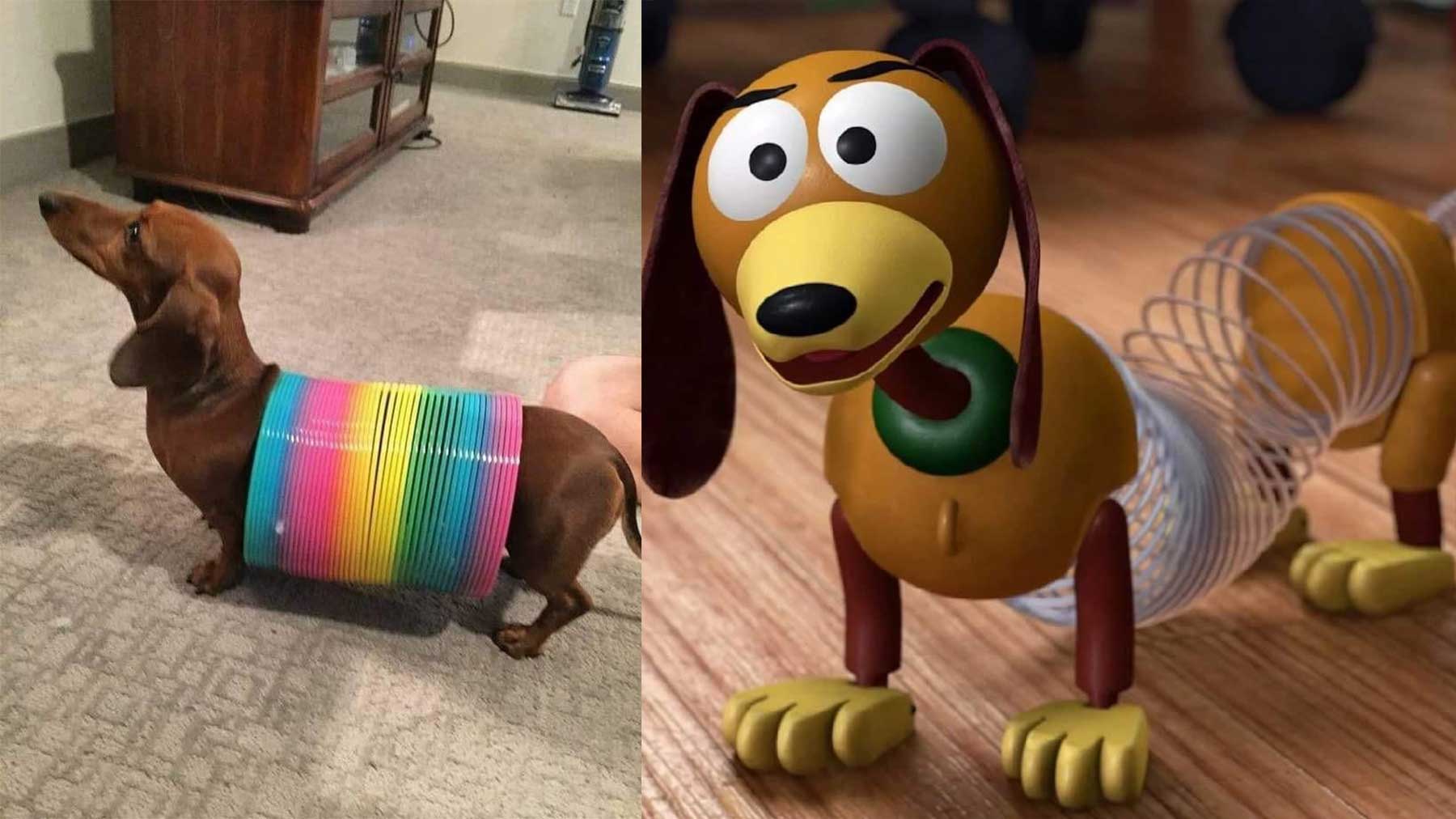

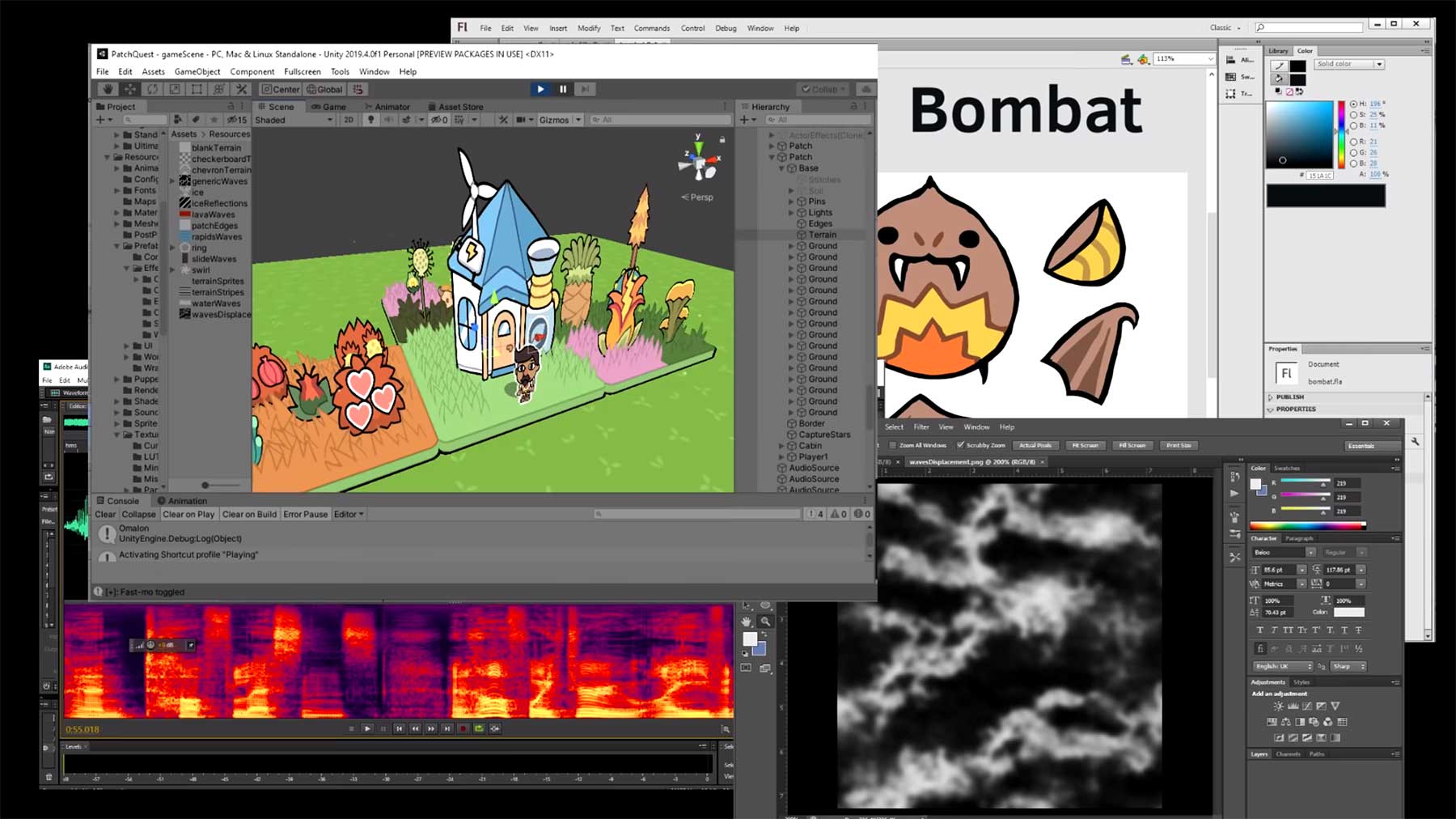
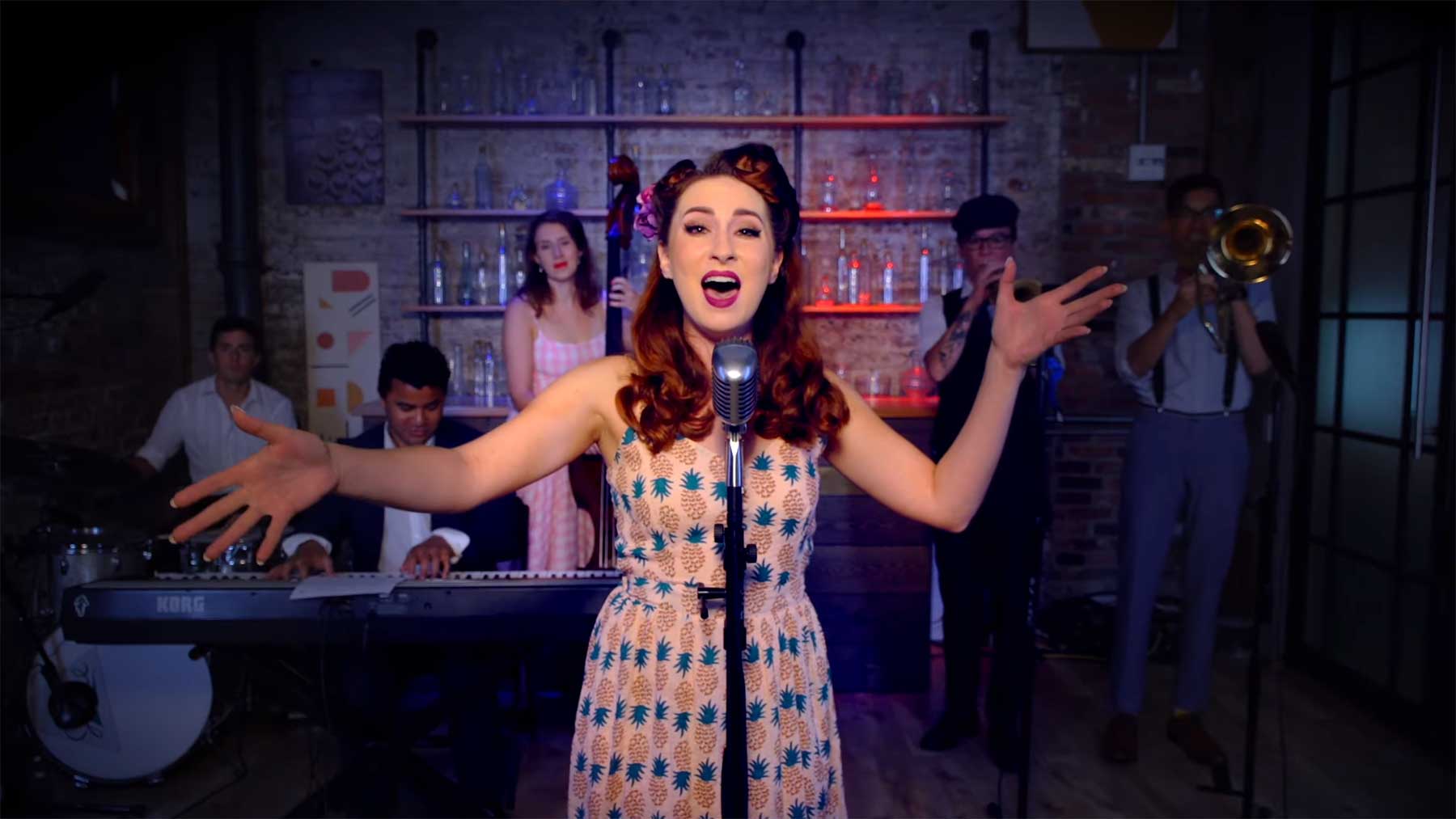
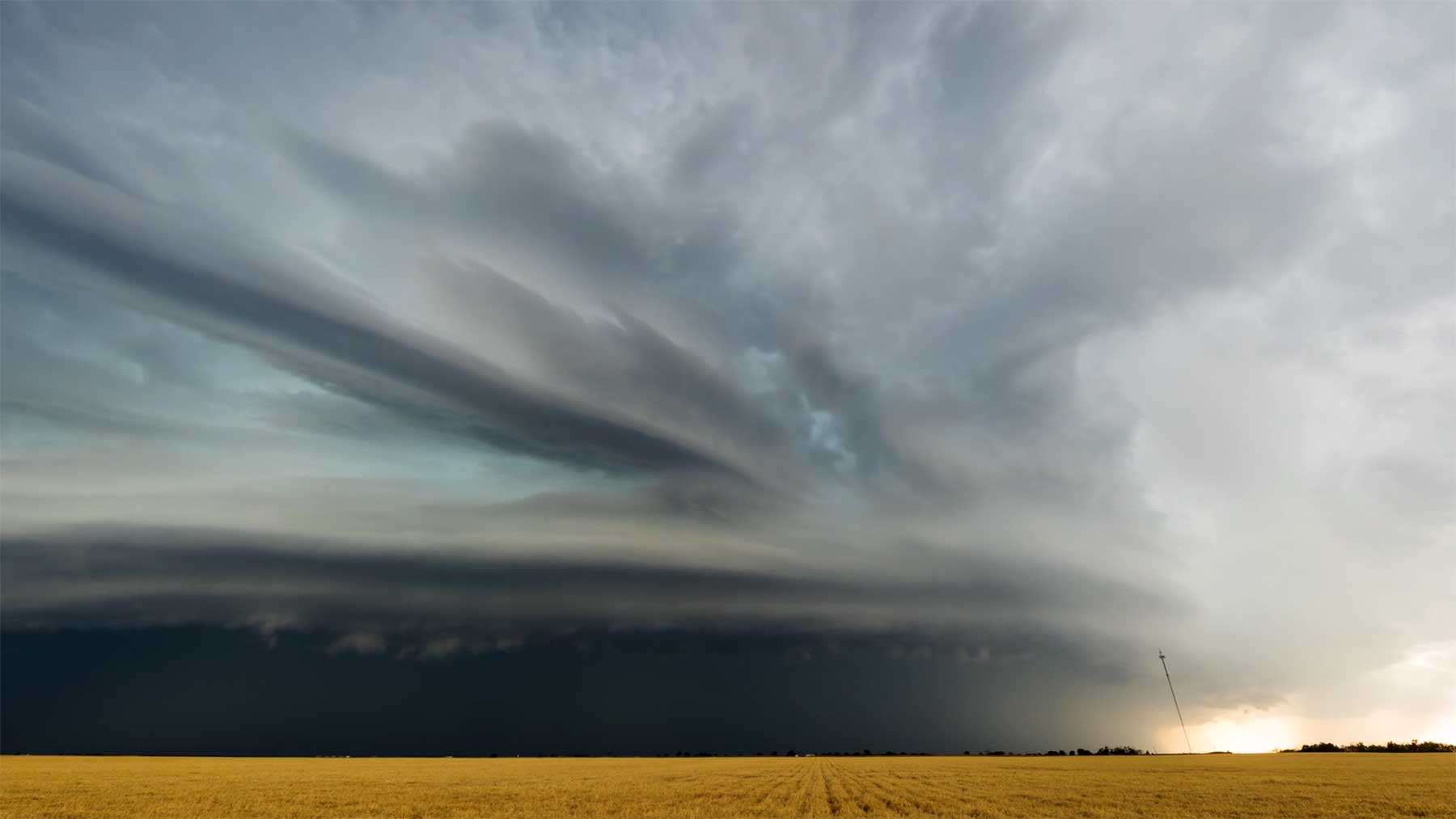
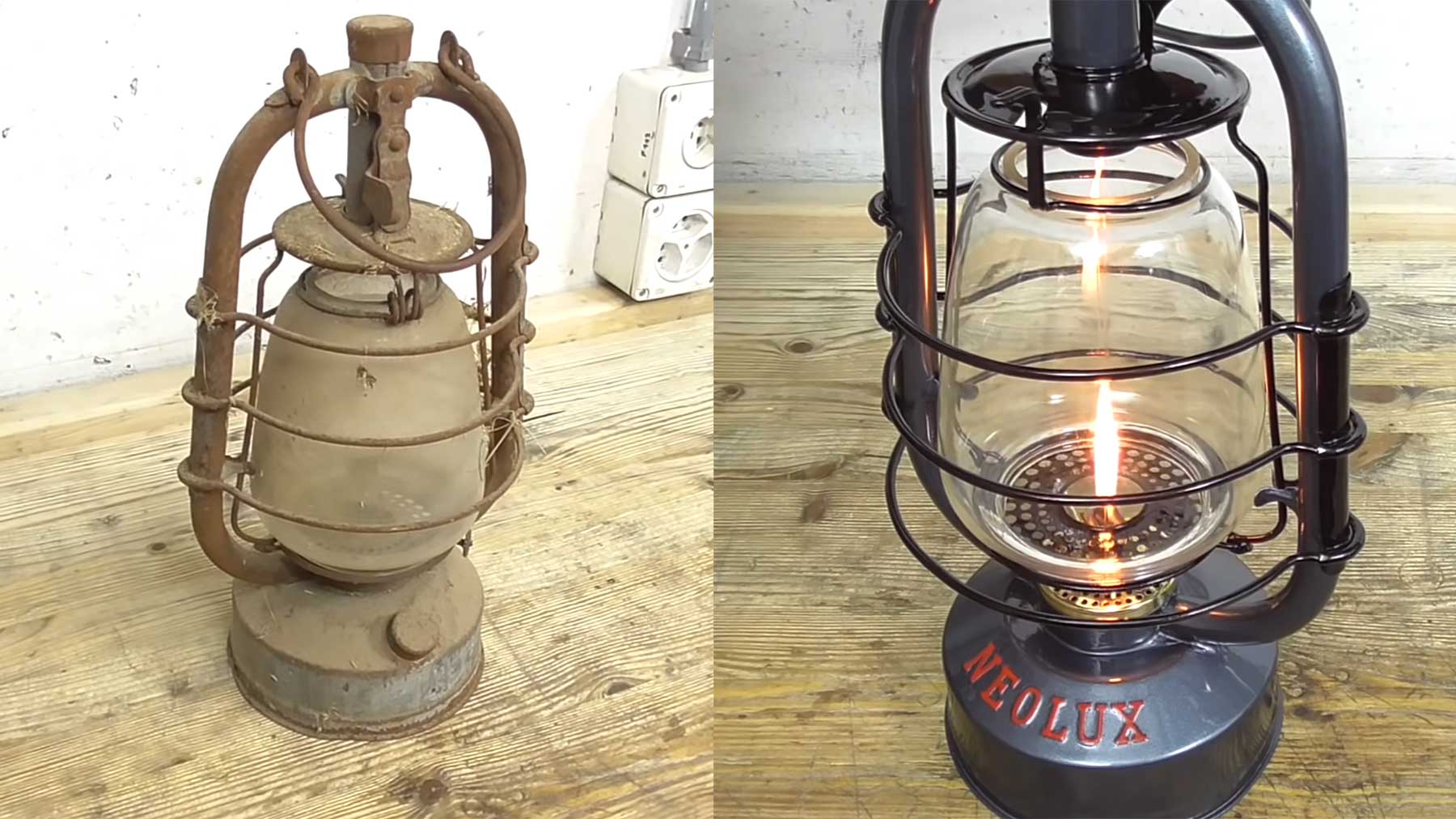
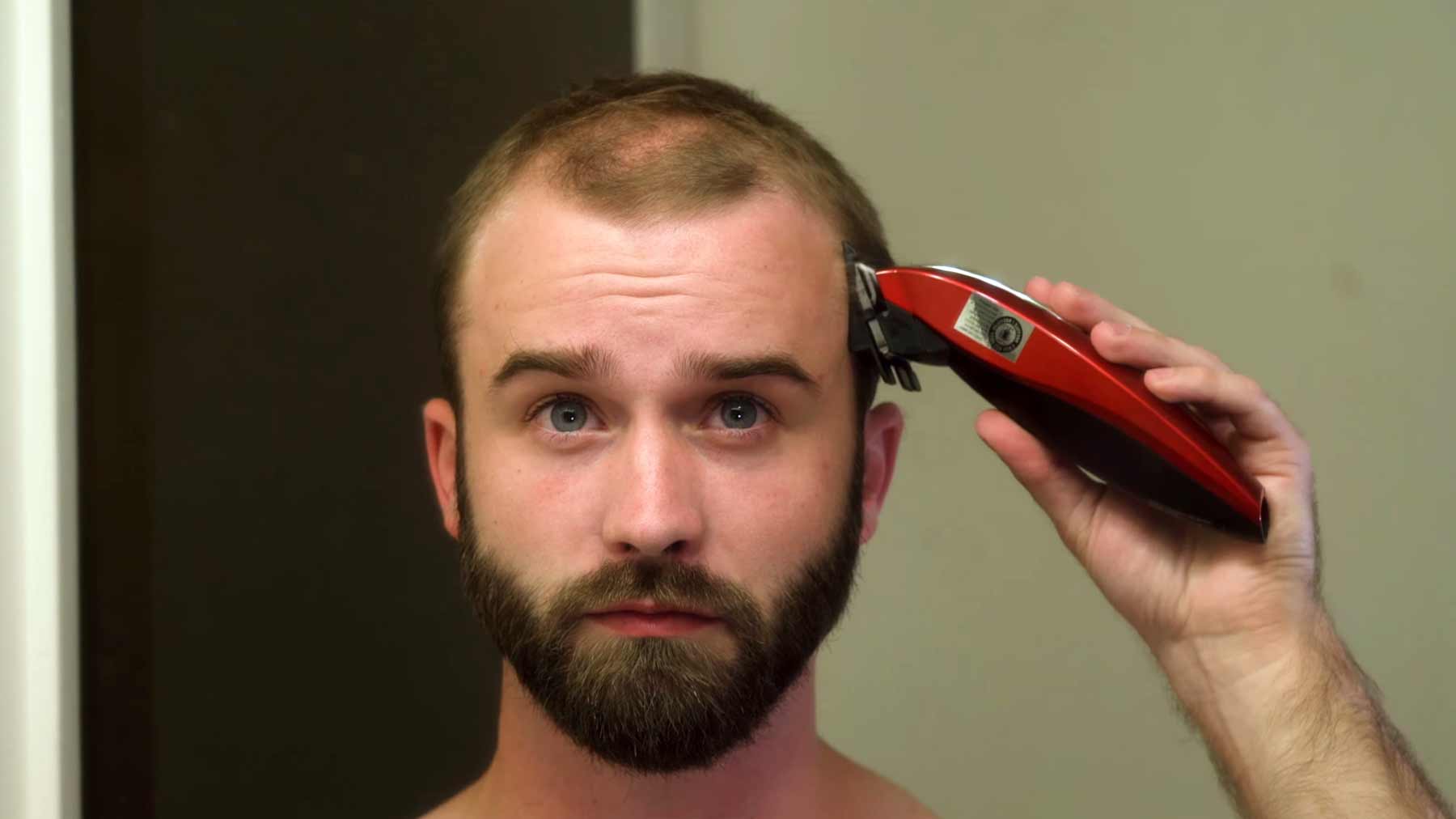
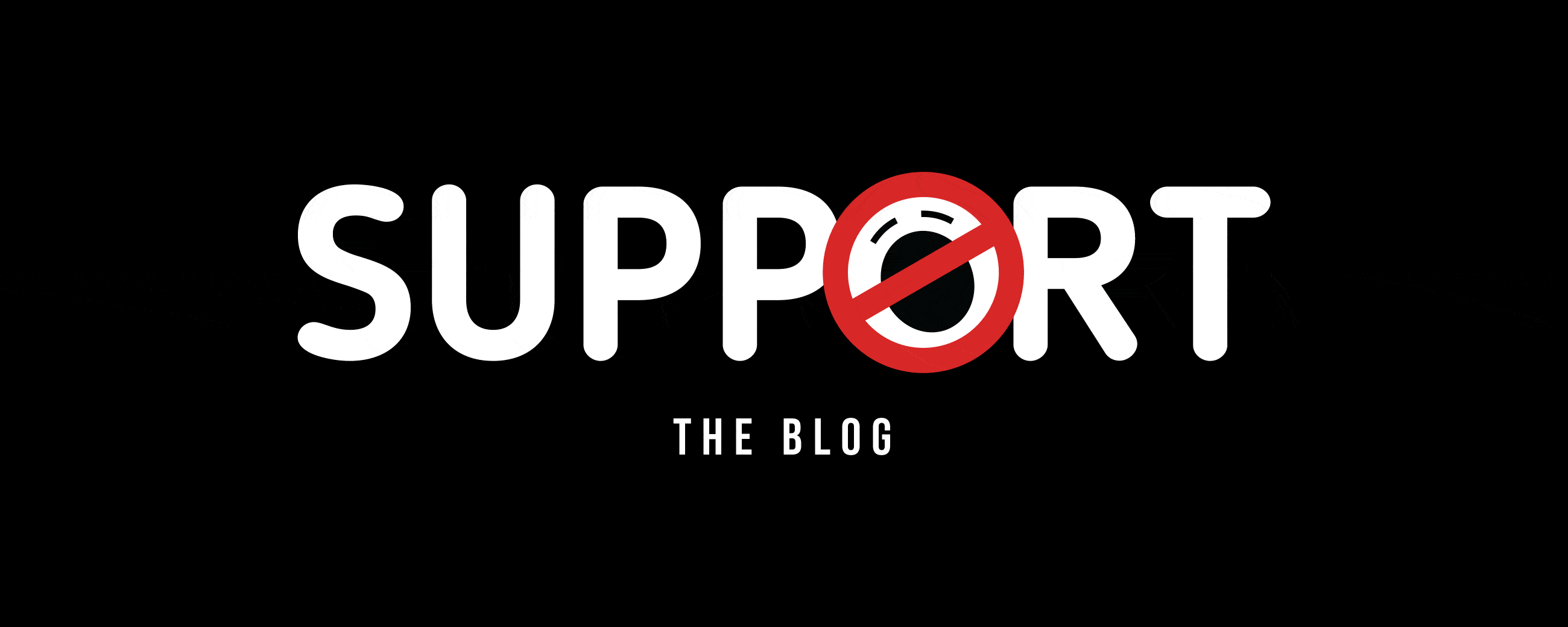

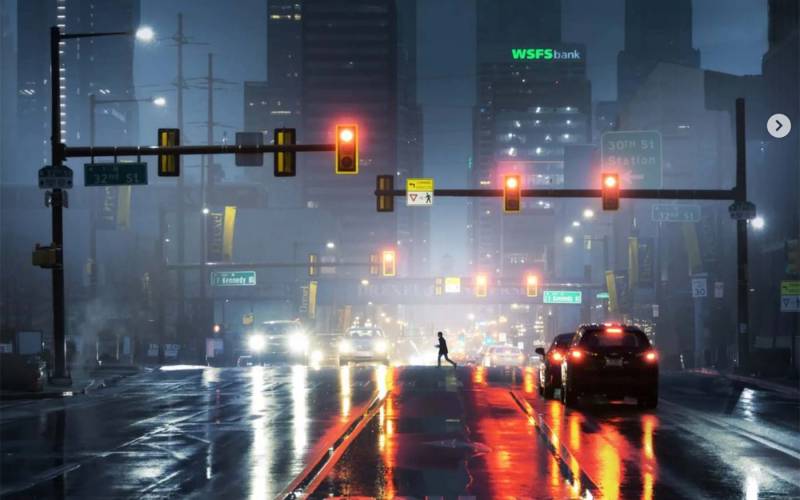
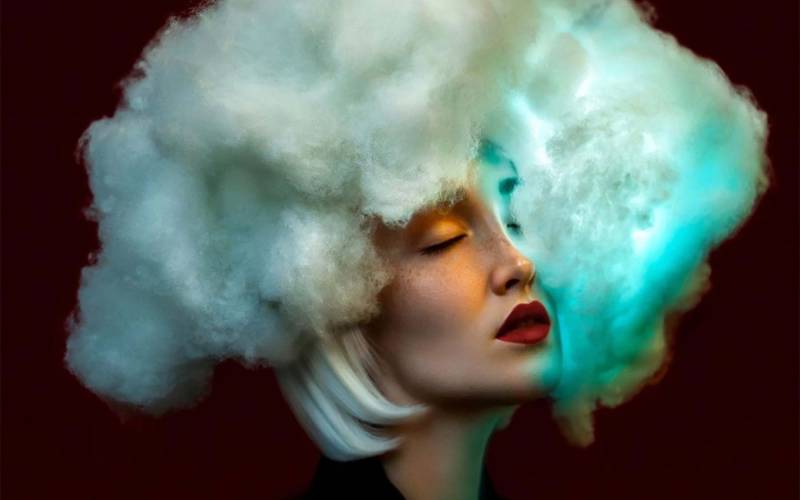








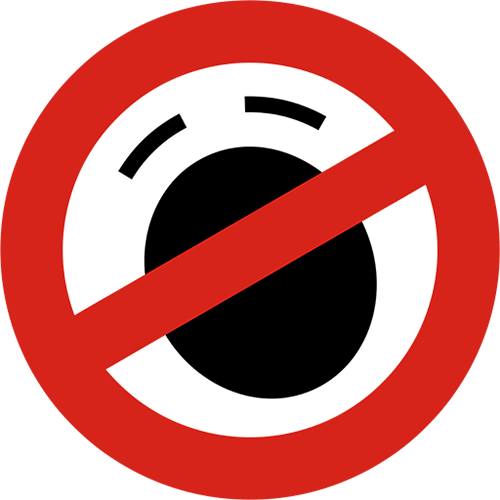
Tack för en intressant sida!
Pingback: Von Po-Ebene bis Bauchnabelsee: Bodyscapes [NSFW]
Pingback: Jeden Tag ein Miniatur-Motiv